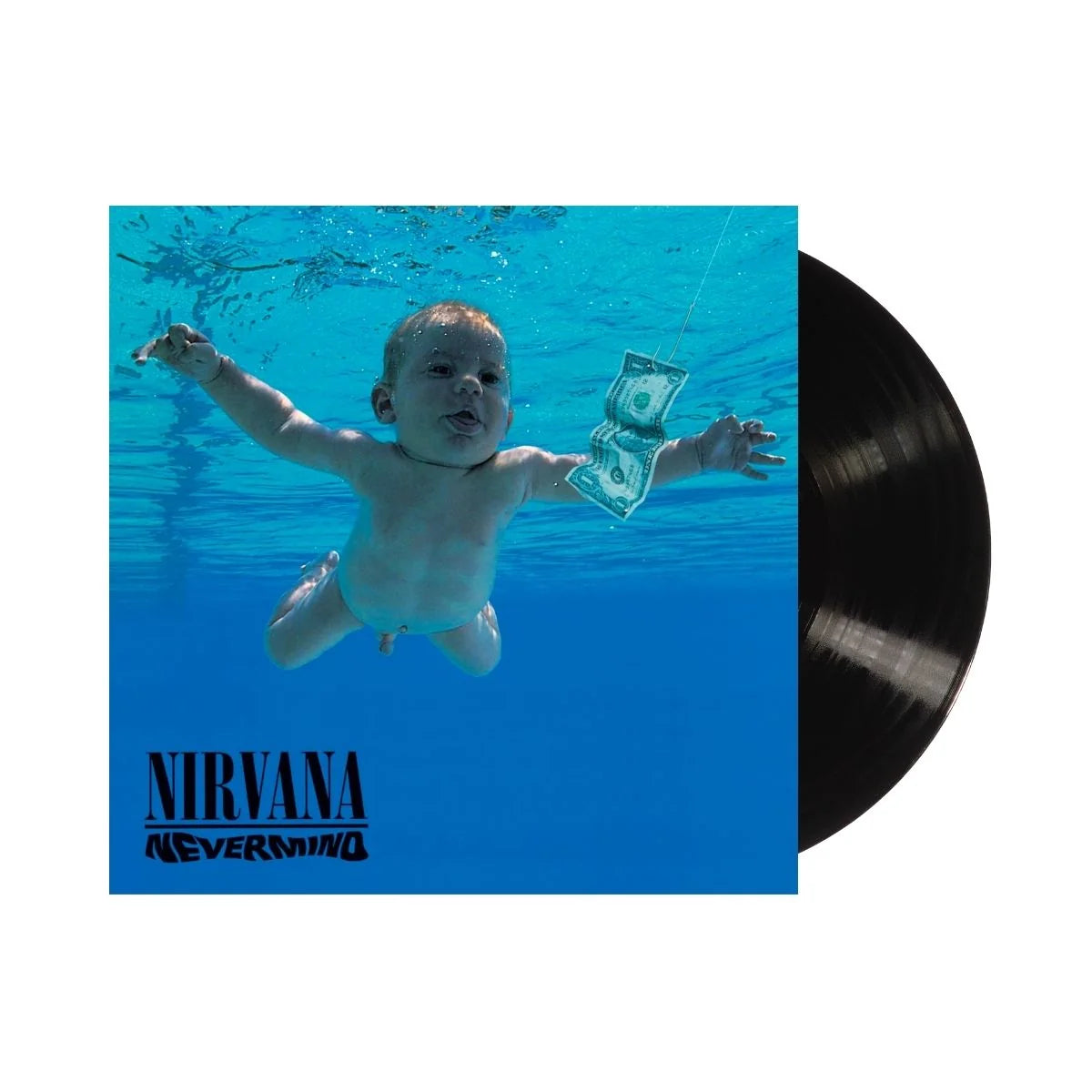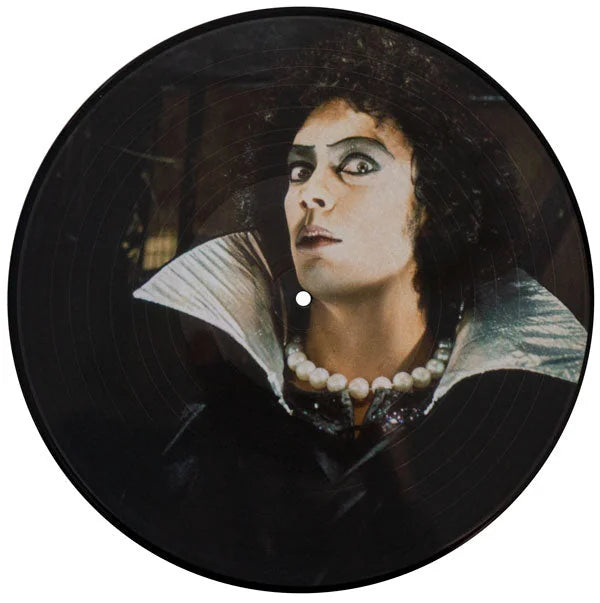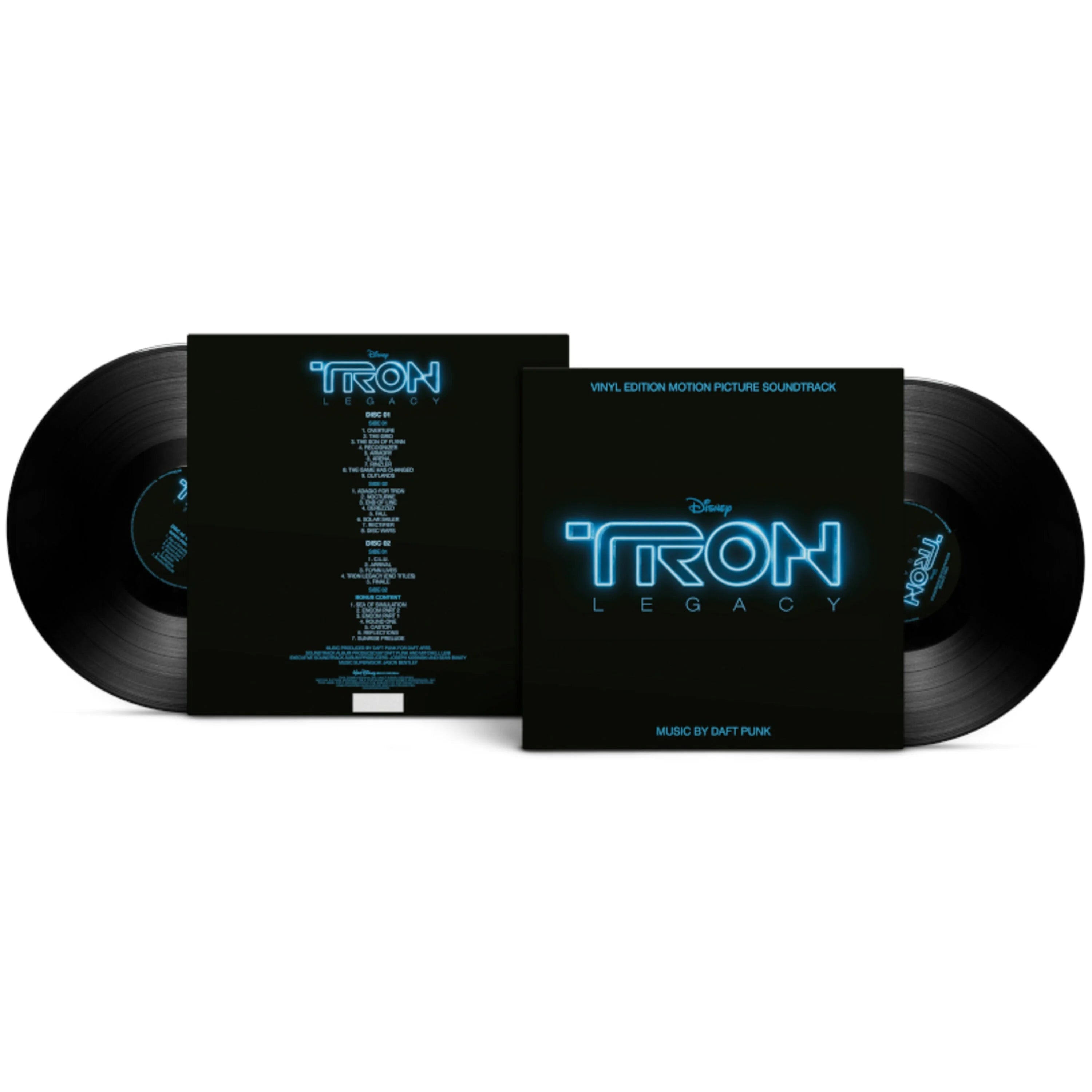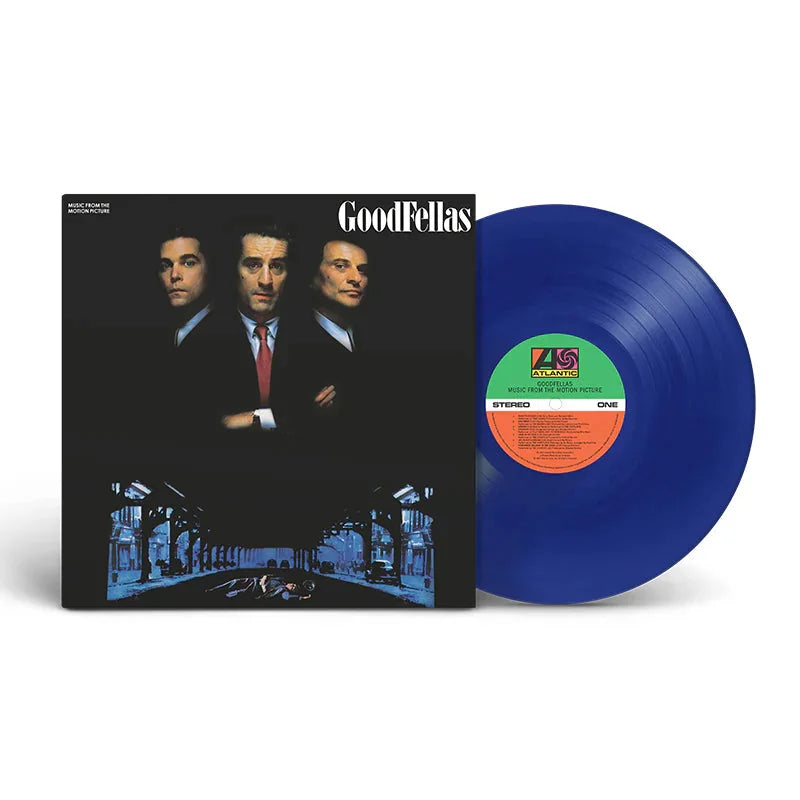What Genres of Music Are Most Common on Vinyl Records?
Vinyl records encompass a vast array of genres. Historically, rock, jazz, blues, and classical have dominated vinyl pressings. With vinyl's resurgence, contemporary genres like indie, electronic, and hip-hop have gained prominence. However, due to vinyl's rich history, nearly every genre can be found if one looks hard enough. Always explore and discover.
How Are Vinyl Records Shipped to Prevent Damage?
Vinyl records are typically shipped in sturdy cardboard mailers with padding. The record is removed from its sleeve to prevent seam splits, and both are sandwiched between cardboard inserts. Protective plastic sleeves might be added. Ensure the package is marked "Fragile" or "Do Not Bend" to alert handlers to handle with care.
Can I Sell My Old Vinyl Records Online?
Yes, you can sell old vinyl records online. Platforms like Discogs, eBay, and local marketplace apps are popular. Ensure accurate grading of the record's condition, provide detailed descriptions and photos, and price competitively. Building a reputation through transparent transactions and good customer service will attract more potential buyers over time.
How Do I Clean and Maintain Purchased Vinyl Records?
To clean vinyl records, use a soft anti-static brush to remove surface dust. For deeper cleaning, use a record cleaning solution with a microfiber cloth or a dedicated vinyl cleaning machine. Store upright in inner and outer sleeves, away from heat and sunlight. Handle by the edges and label to prevent fingerprints.
Is It Safe to Buy Rare Vinyl Records Online?
Buying rare vinyl records online can be safe if precautions are taken. Use reputable platforms or sellers with positive reviews. Request detailed photos and descriptions of the record's condition. Ensure secure payment methods and consider insuring shipments. Researching beforehand and communicating with the seller can mitigate potential risks and disappointments.
What Are the Benefits of Buying Vinyl Records Online?
Buying vinyl records online offers vast selection, convenience, and access to rare or international releases. It allows for price comparisons, enables discovery of niche genres, and often includes user reviews. Online platforms can provide detailed grading, ensuring transparency about the record's condition. It's an expansive marketplace at your fingertips.
How Do I Spot Counterfeit Vinyl Records When Shopping Online?
To spot counterfeit vinyl records online, research the release's identifying features. Check matrix numbers, label details, and cover art discrepancies. Compare images to official releases. Be wary of too-good-to-be-true prices. Purchase from reputable sellers with positive feedback. Request additional photos if unsure. Knowledge and due diligence are your best defenses.
Can I Find Vintage and Collectible Vinyl Records Online?
Absolutely. Numerous online platforms, like Discogs, eBay, and specialized collector forums, offer vintage and collectible vinyl records. Detailed listings, user reviews, and seller ratings help ensure authenticity. When seeking rare gems, thorough research and patience are key. The online vinyl community is vast, making rare finds more accessible than ever.
What Is the Best Way to Ship Records Safely?
To ship records safely, use sturdy cardboard mailers. Remove the vinyl from its sleeve to prevent seam splits. Sandwich the record and sleeve between additional cardboard inserts. Optionally, add bubble wrap for extra protection. Seal securely. Label the package "Fragile" and "Do Not Bend." Consider insurance for high-value records.
How Can I Determine the Value of My Record Collection?
To determine the value of your record collection, research each album on platforms like Discogs or Popsike. Consider rarity, pressing details, condition, and demand. Consult price guides or specialized vinyl forums. For extensive collections, consider professional appraisers. Remember, market trends and collector interest can fluctuate, affecting values over time.
What Are the Different Sizes of Vinyl Records?
Vinyl records come in three primary sizes: 7-inch, typically for singles, playing at 45 RPM; 10-inch, less common, playing at 33 1/3 or 78 RPM; and 12-inch, standard for albums, playing at 33 1/3 RPM. Each size serves different purposes in music distribution, with variations in track lengths and audio quality.
Why Do Vinyl Records Sound Different Than Digital Formats?
Vinyl records are analog, capturing continuous audio waveforms, offering a warm, organic sound. Digital formats, like CDs or MP3s, use samples to represent these waveforms, which can miss subtle nuances. This difference in representation leads to a distinct listening experience, with vinyl often praised for its depth and authenticity.
What Equipment Do I Need to Play Vinyl Records?
To enjoy vinyl records, essential equipment includes a turntable for spinning, speakers or headphones for sound output, and an amplifier or receiver to power the audio. A well-calibrated setup and regular maintenance are crucial to ensure a high-quality and enduring vinyl listening experience, preserving the charm of analog music.
Are Vinyl Records Worth Collecting for Investment?
Yes, vinyl records are worth collecting for investment. They hold enduring appeal due to their nostalgic charm and unique sound quality. With a limited supply of certain albums, their value can appreciate significantly over time. Additionally, vinyl records embody cultural significance, further enhancing their investment potential for collectors.
Can Scratched Vinyl Records Be Repaired?
Yes, scratched vinyl records can be repaired to some extent. Various methods, such as using specialized solutions, polishing kits, or professional techniques, can help minimize the impact of scratches. However, deep or extensive damage might still affect audio quality. Careful handling and preventive measures are crucial to preserving vinyl records.
Why Are Vinyl Records Making a Comeback?
Vinyl records are making a comeback due to their nostalgic appeal, tactile experience, and warmer sound quality compared to digital formats. Collectors, audiophiles, and younger generations seeking a tangible connection to music appreciate the retro charm and the tangible connection they offer in an increasingly digital world.
How Does Vinyl Record Grading Work?
Vinyl record grading evaluates a record's condition. Visual inspection checks for scratches, scuffs, and wear. Audio assessment listens for noise, pops, and skips. Grades range from pristine to poor, impacting value and playability. Accurate grading aids collectors and buyers in understanding a record's quality before purchase.
Is It Safe to Stack Vinyl Records Vertically?
Yes, it's generally safe to stack vinyl records vertically. This method prevents warping and damage. Use sturdy shelving to support the weight and avoid excessive pressure. Placing dividers between records can prevent leaning. Store in a cool, dry place, and handle with care to maintain their condition.
How Do I Store Old Records to Ensure Longevity?
Store old records vertically in a cool, dry place away from sunlight. Avoid stacking. Use acid-free sleeves to prevent scratching. Keep away from heat sources and fluctuating temperatures. Clean records gently before storing them. Handle by the edges, avoiding contact with the grooves. Regularly inspect for mold or deterioration.
How To Start Your Own Record Collection?
To start your own record collection, begin by researching genres and artists you love. Invest in quality equipment, like a turntable and speakers. Regularly visit local record stores, garage sales, and online marketplaces. Take care of your vinyl; clean and store them properly. Remember, it's about passion, not quantity. Enjoy the journey.
Why Are Old Records Considered Most Valuable?
Old records are considered most valuable because they capture unique audio history, often have limited releases, and evoke nostalgia. Their tangible presence, artwork, and analog sound quality provide a distinct listening experience, making them sought-after by collectors and music enthusiasts alike. Rarity and condition further influence their monetary and sentimental worth.
How Do I Clean and Care for Old Records?
To clean old records, gently wipe with a soft, lint-free cloth dampened with a mixture of distilled water and a few drops of isopropyl alcohol. Store upright in a cool, dry place away from direct sunlight. Handle by the edges and label only. Use antistatic sleeves to prevent dust buildup. Regularly maintain the turntable needle.
What's the Difference Between First and Later Pressings in Vinyls?
First pressings of vinyl refer to the initial batch produced from the master recording, often valued for their purity and collectibility. Later pressings are subsequent batches, which might have slight variations or diminished audio quality due to repeated use of the master. Collectors often prefer first pressings for their historical and sonic significance.
How Can I Identify Original Vintage Pressings?
To identify original vintage pressings, examine the record's matrix runout numbers, label design, and cover artwork. Cross-reference details with pressing databases like Discogs. Consider the weight and feel; older records are often heavier. Research specific identifiers for the album in question, as variations exist between pressings. Always buy from reputable sources.
What Turntable Setup Is Best for Playing Old Records?
The best turntable setup for playing old records includes a belt-driven turntable with adjustable tracking force, a high-quality cartridge and stylus, built-in or external phono preamp, and a vibration-resistant plinth. Ensure regular stylus maintenance and use anti-static brushes for vinyl care to preserve both records and sound quality.
Are Mono or Stereo Pressings Better for Old Records?
Both mono and stereo pressings have their merits when it comes to old records. Mono offers a more focused, vintage sound that's true to original recordings. Stereo, however, provides a broader soundstage. Preference often boils down to individual taste and the specific audio equipment being used for playback.
Why Do Some Collectors Prefer Old Records Over New Pressings?
Some collectors prefer old records for their vintage warmth and original mastering, which they believe offer a more authentic listening experience. New pressings, however, offer cleaner sound and are generally more durable. Ultimately, the preference is subjective and depends on individual priorities like sound quality, nostalgia, and collectability.
How Can I Determine the Value of My Old Record Collection?
Determining the value of your old record collection involves multiple factors like rarity, condition, and demand. Consulting price guides and online marketplaces can give you a ballpark figure. However, for an accurate assessment, consider getting a professional appraisal. Remember, sentimental value may not always translate to high monetary worth.
What Eras of Music Are Most Popular in Vintage Vinyls?
Vintage vinyls are particularly cherished for music from the 1960s to the 1980s. Rock classics from the '60s and '70s, disco hits from the '70s, and new wave tracks from the '80s are popular genres. However, jazz and blues records from earlier decades also enjoy a dedicated following.
What Role Do Album Covers Play in the Value of Old Records?
Album covers contribute significantly to the value of old records, serving as historical and artistic artifacts. They enhance emotional connection to the music, increasing collectible appeal. However, their condition and rarity often overshadow the music's inherent value. While important, album covers are just one factor in a record's overall worth.
Can Scratched or Damaged Old Records Be Restored?
Yes, scratched or damaged old records can often be restored, although perfection is not guaranteed. Professional services use specialized machinery to smooth scratches and improve sound quality. DIY methods, such as gentle cleaning with anti-static solutions, can also help. Always consult experts for valuable or sentimental records.
Are Record Cleaning Kits Essential for Vinyl Care?
Yes, record cleaning kits are essential for maintaining the quality of vinyl records. Over time, dust and grime can accumulate, affecting sound quality and causing potential damage. Proper cleaning ensures longevity, optimal performance, and preserves the nuances in audio that make vinyl a cherished format for audiophiles.
How Do Anti-Static Brushes Improve Vinyl Playback?
Anti-static brushes enhance vinyl playback by eliminating static electricity that attracts dust and debris to records. When used before playing a vinyl, they neutralize static charge, reducing pops and crackles for a cleaner sound. These brushes also prolong the lifespan of your vinyl collection by minimizing surface abrasions caused by dust particles.
Why Are Weighted Record Clamps Important for Stability?
Weighted record clamps, with their heft and precision, play a pivotal role in stabilizing vinyl playback. By firmly securing the vinyl to the turntable platter, they minimize vibrations, reduce resonance, and enhance audio fidelity. These unassuming accessories are instrumental in preserving the purity of analog music.
How Important Is Room Acoustics for Vinyl Playback?
Room acoustics play a pivotal role in vinyl playback. They can significantly impact sound quality by influencing resonance, reflections, and bass response. Proper room treatment, like absorption and diffusion, is essential to reduce distortion and create a more accurate listening environment, enhancing the overall enjoyment of analog music.
What Are the Must-Have Accessories for Protecting Vinyl?
Vinyl enthusiasts should invest in key accessories to preserve their precious records. A dust brush keeps surfaces clean, while inner and outer sleeves prevent scratches. Anti-static brushes minimize pops and clicks during playback. Additionally, a quality record cleaning kit is indispensable for maintaining pristine sound quality.
Can Upgraded Needles and Cartridges Make a Difference for Vinyl Playback?
Vinyl enthusiasts often wonder if upgrading needles and cartridges is worth it. The answer is a resounding yes. High-quality needles and cartridges can significantly enhance audio clarity, reduce wear on records, and bring out the best in your vinyl collection. Upgrade wisely for a richer listening experience.
What Is the Role of a Phono Preamp in a Vinyl Setup?
A phono preamp, also known as a phono stage or phono amplifier, plays a crucial role in a vinyl setup. It amplifies the low-level output from a turntable's cartridge, corrects the RIAA equalization curve, and prepares the signal for your audio system. Without it, vinyl records would sound quiet and distorted.
How Does Digital Remastering Affect Vintage Vinyl Records?
Digital remastering can enhance the sound quality of vintage vinyl records by reducing noise & improving clarity. However, some purists argue it can alter the original character & warmth of the analog recording. Remastered vinyl is often sought after for its cleaner sound, but original pressings often hold more appeal for collectors.
Are There Specific Genres of Vinyl That Sell Better?
Yes, certain genres of vinyl records typically sell better than others. Classic rock, pop, jazz, & blues are consistently popular among vinyl collectors. Limited editions, reissues of classic albums, & releases by iconic artists often see high demand. Trends can vary by region & over time, reflecting shifts in music preferences.
What Are Common Mistakes to Avoid When Selling Vinyl Records?
Common mistakes to avoid when selling vinyl records include overpricing based on emotional value rather than market value, neglecting to accurately grade the record's condition, not providing detailed descriptions or quality photos, and using inadequate packaging, which can lead to damage during shipping. Research & careful presentation are key for successful sales.
Can I Sell Damaged Vinyl Records?
Yes, you can sell damaged vinyl records, but it's crucial to clearly disclose their condition. Collectors may buy them for rarity, cover art, or nostalgic value. Pricing should reflect the damage. Some buyers seek damaged records for art projects or to replace missing items in a collection. Accurate description is essential.
What's the Impact of Vinyl Record Condition on Sale Price?
The condition of a vinyl record significantly impacts its sale price. Mint or near-mint records fetch the highest prices due to their pristine state & excellent sound quality. Prices decrease as condition worsens, with poor condition records valued much lower. Collectors prioritize well-maintained records for both listening quality & long-term value.
Is There a Seasonal Demand for Certain Types of Vinyl Records?
Yes, there is a seasonal demand for certain types of vinyl records. Holiday-themed albums, like Christmas music, see increased demand during the holiday season. Similarly, summer may boost interest in genres like surf rock or reggae. Release anniversaries of classic albums can also create seasonal spikes in demand.
How Can I Authenticate Rare or Valuable Vinyl Records?
To authenticate rare or valuable vinyl records, examine catalog numbers, label artwork, & matrix numbers on the disc's run-out groove. These details can verify pressing details & authenticity. Consulting online databases, expert forums, or professional appraisers can also help. Condition & rarity significantly affect the record's value.
How Can I Identify a Vintage Vinyl Record?
To identify a vintage vinyl record, check the release date, label design, catalog number, & matrix number on the record's run-out groove. Research these details for specific pressings & release periods. Examine the cover art, typography, & liner notes for age indicators. Older records may also show characteristic wear & aging signs.
What Factors Determine the Value of Vintage Vinyl Records?
The value of vintage vinyl records is determined by rarity, demand, pressing details (like first editions or limited releases), artist popularity, & historical significance. Condition is crucial; well-preserved records are more valuable. Unique features like misprints or unusual cover art can also increase a record's value.
How Should I Store Vintage Vinyl Records?
Store vintage vinyl records vertically in a cool, dry place, away from direct sunlight to prevent warping & deterioration. Use protective sleeves to guard against dust & scratches. Avoid overstacking to prevent pressure damage. Keep them in a stable environment with consistent humidity & temperature for optimal preservation.
How Do I Authenticate a Rare Vintage Vinyl Record?
To authenticate a rare vintage vinyl record, examine the catalog number, label, matrix numbers on the run-out groove, & cover art for specific pressing details. Compare with known authentic copies. Consulting online databases, collector forums, or seeking expert appraisal can also help verify its authenticity & potential value.
What Are the Most Sought-After Genres of Vintage Vinyl?
The most sought-after genres of vintage vinyl include classic rock, jazz, blues, psychedelic rock, & early punk. Original pressings of iconic albums, rare labels, & recordings of legendary artists are highly prized. The demand is also strong for genres with devoted fanbases, like soul, funk, & certain subgenres of electronic music.
How Can I Repair Minor Damage on Vintage Vinyl Records?
To repair minor damage on vintage vinyl records, gently clean the record with a soft, anti-static cloth & distilled water. Use a record cleaning solution for tougher grime. Avoid touching the grooves directly. Small scratches can be minimized with a vinyl repair kit, but deep scratches are usually irreparable. Always handle with care.
Are Vintage Vinyl Records a Good Investment?
Vintage vinyl records can be a good investment if you select rare, sought-after editions in excellent condition. Their value depends on rarity, demand, cultural significance, & condition. However, the market can be unpredictable, & not all records appreciate in value. Invest in vinyl more for personal enjoyment than financial gain.
How Do I Grade the Condition of Vintage Vinyl Records?
To grade the condition of vintage vinyl records, examine the sleeve & disc. Use standard grades like Mint, Near Mint, Very Good, Good, Fair, & Poor. Check for scratches, warps, & skips on the vinyl, & assess the sleeve for wear, tears, or fading. Accurate grading requires a thorough & objective evaluation.
What Are the Differences Between Mono and Stereo Vintage Vinyl?
Mono & stereo vintage vinyl records differ in sound reproduction. Mono (monaural) has a single audio channel, producing the same sound from all speakers. Stereo (stereophonic) uses two channels, creating a sense of spatial audio distribution, with different sounds from the left & right speakers. Stereo typically offers a more immersive listening experience.
How Do Temperature and Humidity Affect Vintage Vinyl Records?
Temperature & humidity significantly affect vintage vinyl records. High temperatures can warp records, while extreme cold can make them brittle. High humidity can lead to mold & mildew, damaging the sleeve & vinyl. Ideal storage conditions are around 65-70°F (18-21°C) & 45-50% humidity. Consistent, moderate conditions are key.
How Do I Catalog My Vintage Vinyl Record Collection?
To catalog your vintage vinyl record collection, start by creating a spreadsheet or using a specialized app. Record details like artist, album title, release year, condition, & any unique attributes. Assign each record an identifier for easy reference. Regularly update the catalog, especially after new acquisitions or sales. This system aids in organization & valuation.
How Do Reissues Affect the Value of Original Vintage Vinyl?
Reissues can increase interest in & value of original vintage vinyl, especially for rare or iconic albums. However, high-quality, widely available reissues might slightly reduce demand for originals. Collector preferences significantly influence these dynamics. The impact varies based on the album's rarity & cultural significance.
What Insurance Options Are Available for Vintage Vinyl Collections?
Insurance options for vintage vinyl collections include adding a rider to your home insurance or getting a specialized collectibles policy. These policies cover loss, damage, or theft. Ensure the policy covers the collection's current market value. Document your collection meticulously for claims. Consult with an insurance agent for tailored advice.
Can I Restore Faded Artwork on Vintage Vinyl Record Sleeves?
Restoring faded artwork on vintage vinyl record sleeves is challenging & often best left to professionals. However, careful cleaning & storage can prevent further fading. Use archival-quality sleeves & store away from direct sunlight. Avoid DIY restoration as it can reduce the sleeve's value. For significant restoration, consult a conservation expert.
How Do I Remove Mold or Mildew from Vintage Vinyl Records?
To remove mold or mildew from vintage vinyl records, gently brush the surface with a soft, anti-static brush. Then, clean with a solution of distilled water & mild detergent, using a soft cloth. Rinse with distilled water & air dry. Avoid harsh chemicals & excessive moisture, as these can damage the vinyl.
What Are Common Defects in Vintage Vinyl Records?
Common defects in vintage vinyl records include scratches, warps, & surface noise. Scratches affect sound quality & can cause skipping. Warps, often due to heat exposure, can make records unplayable. Surface noise, like crackles & pops, is common in older records. Sleeve wear, such as tears or fading, also impacts value.
Can I Play Vintage Vinyl Records on Modern Turntables?
Yes, you can play vintage vinyl records on modern turntables. Ensure the turntable has an appropriate stylus for vinyl records & is correctly calibrated to prevent damage. Modern turntables often have features enhancing playback quality while being gentle on older records. However, extremely worn or damaged records may require a specialized setup.
Are There Specific Eras That Define Vintage Vinyl Records?
The term "vintage" in vinyl records often refers to pressings from the 1950s to the early 1980s. This era includes the rise of rock 'n' roll, the Beatles' phenomenon, & the golden age of vinyl in the 1970s. Records from these periods are sought after for their historical & cultural significance.
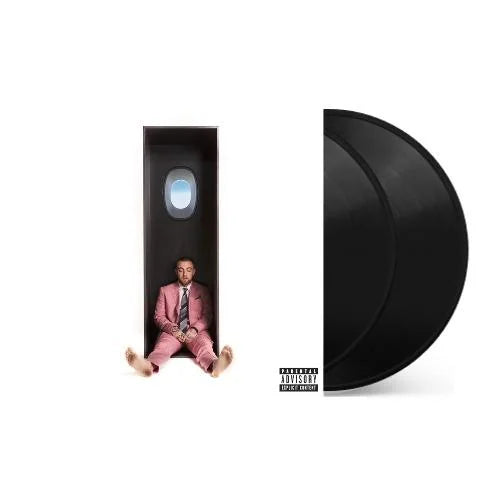
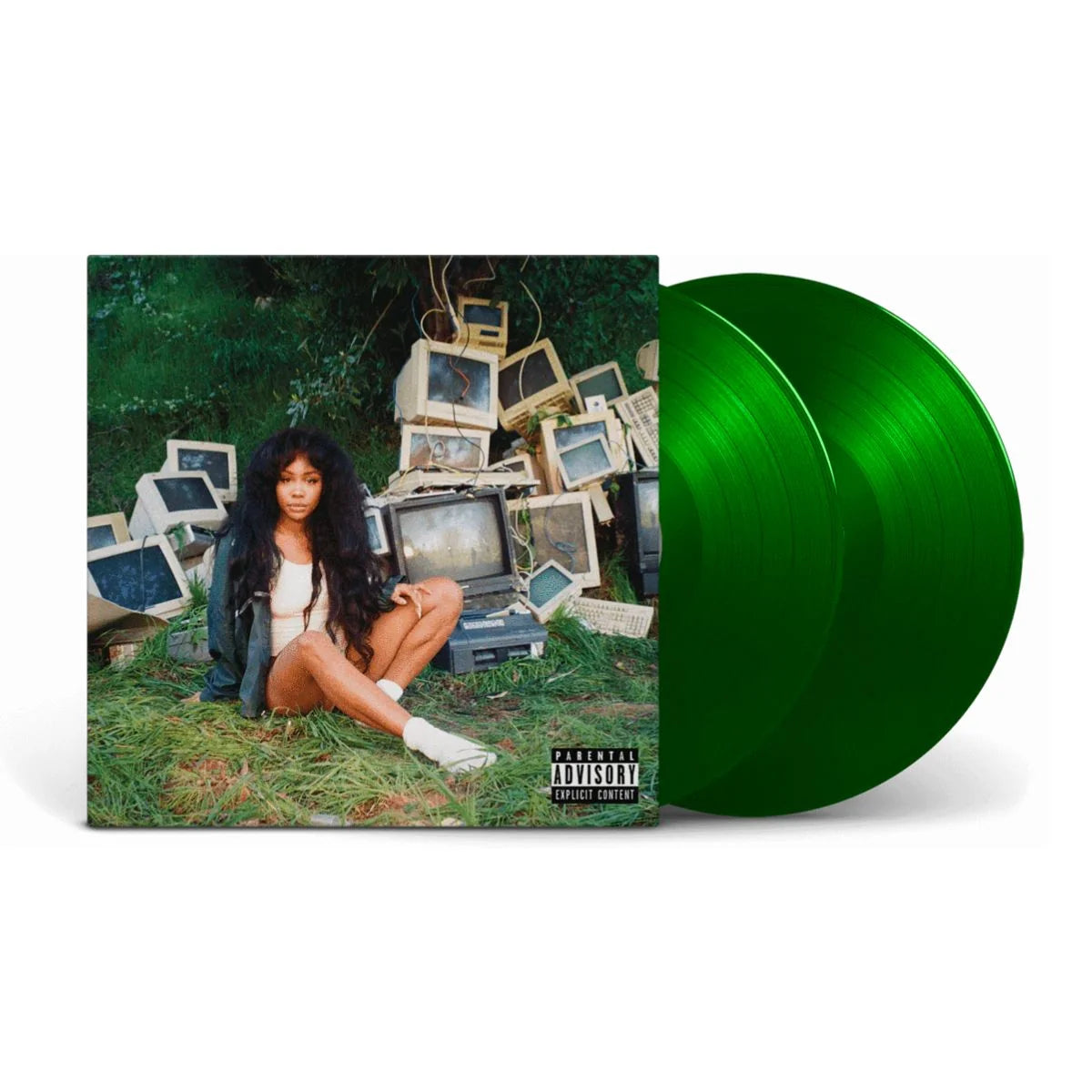
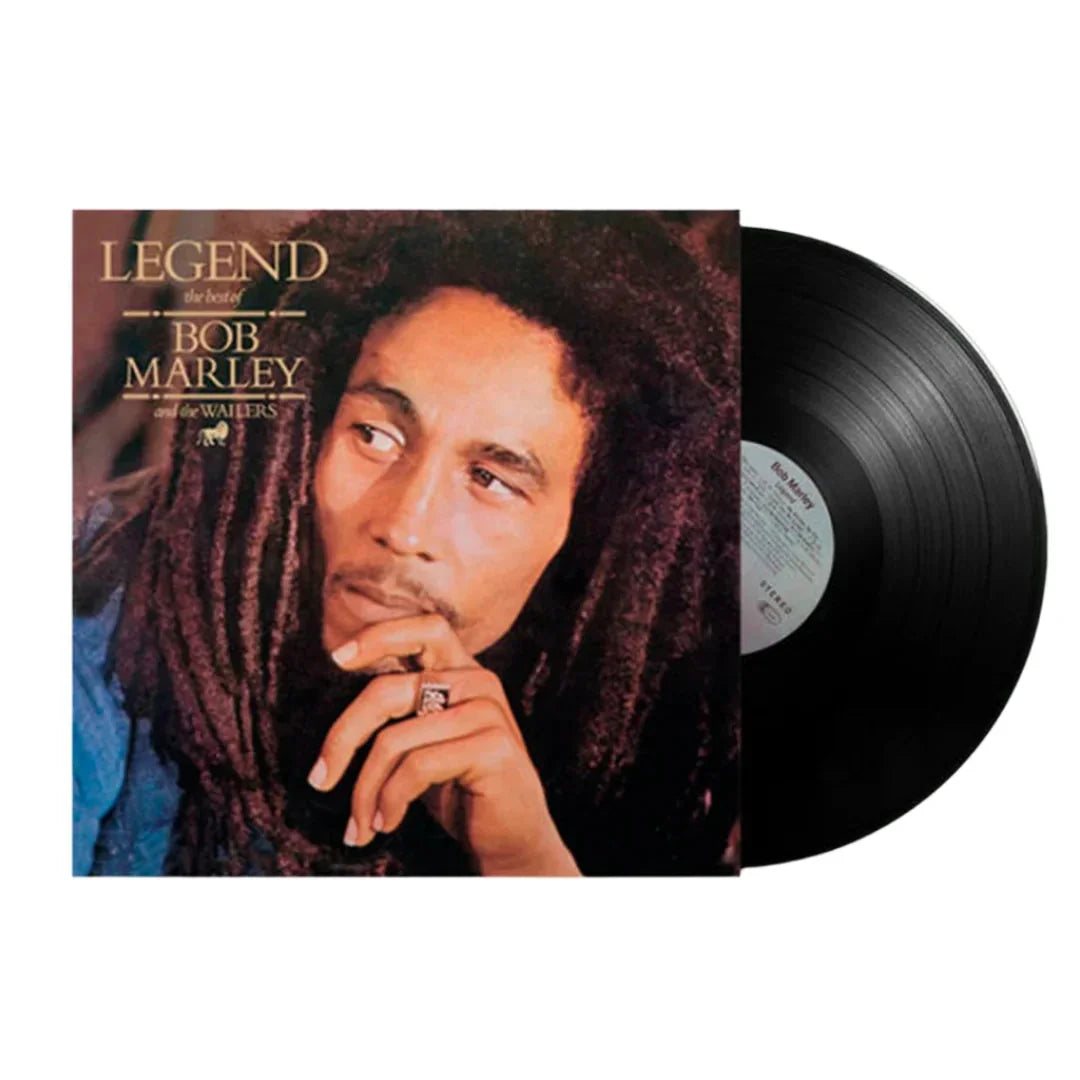
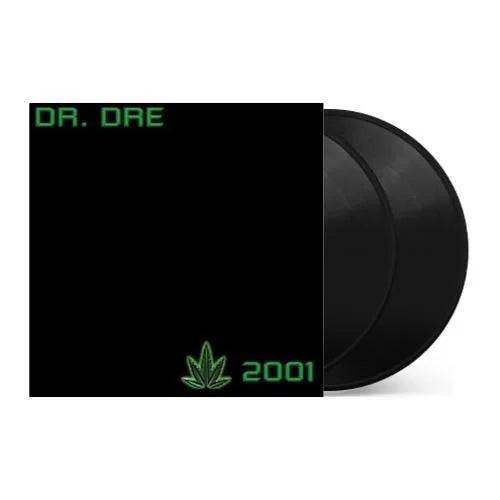
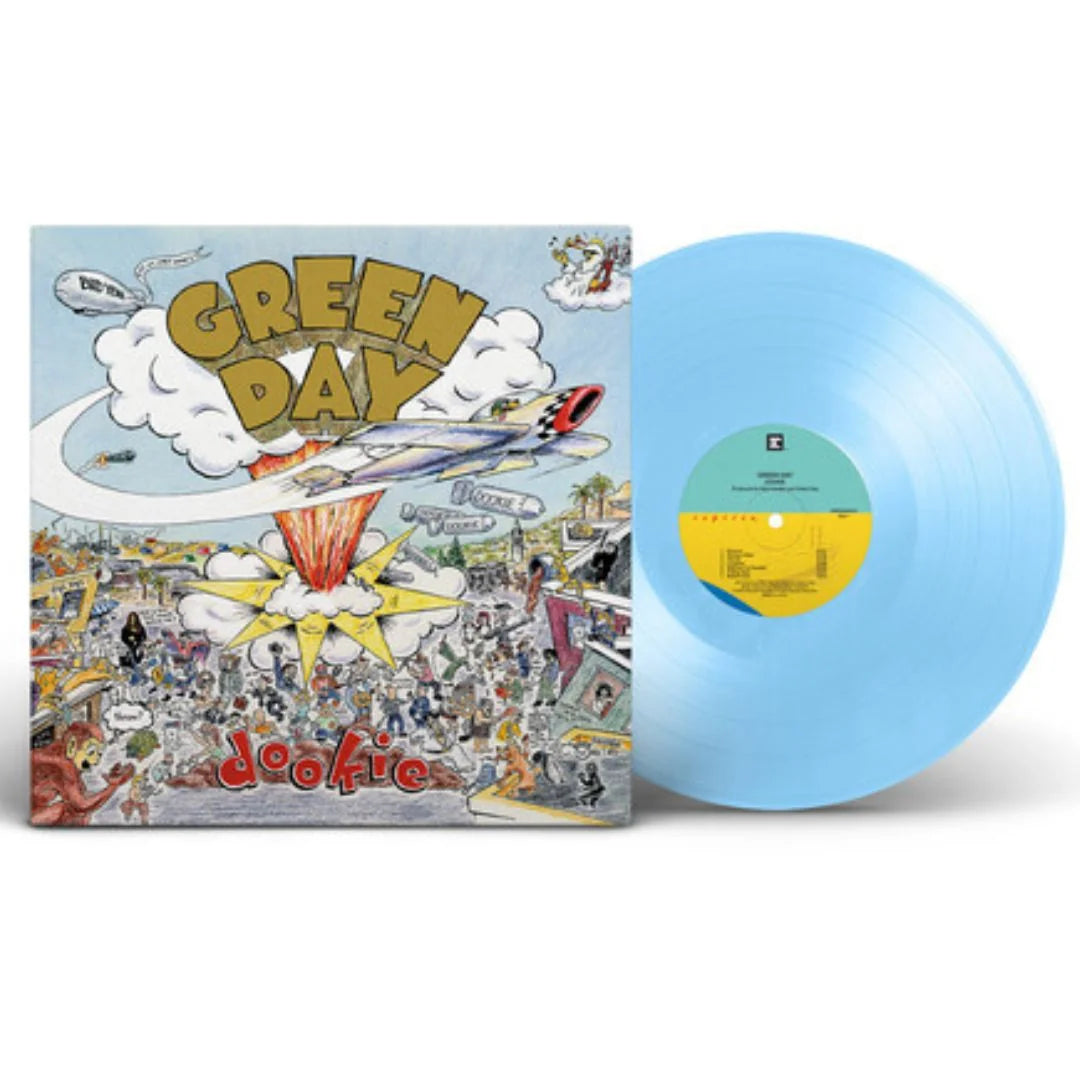
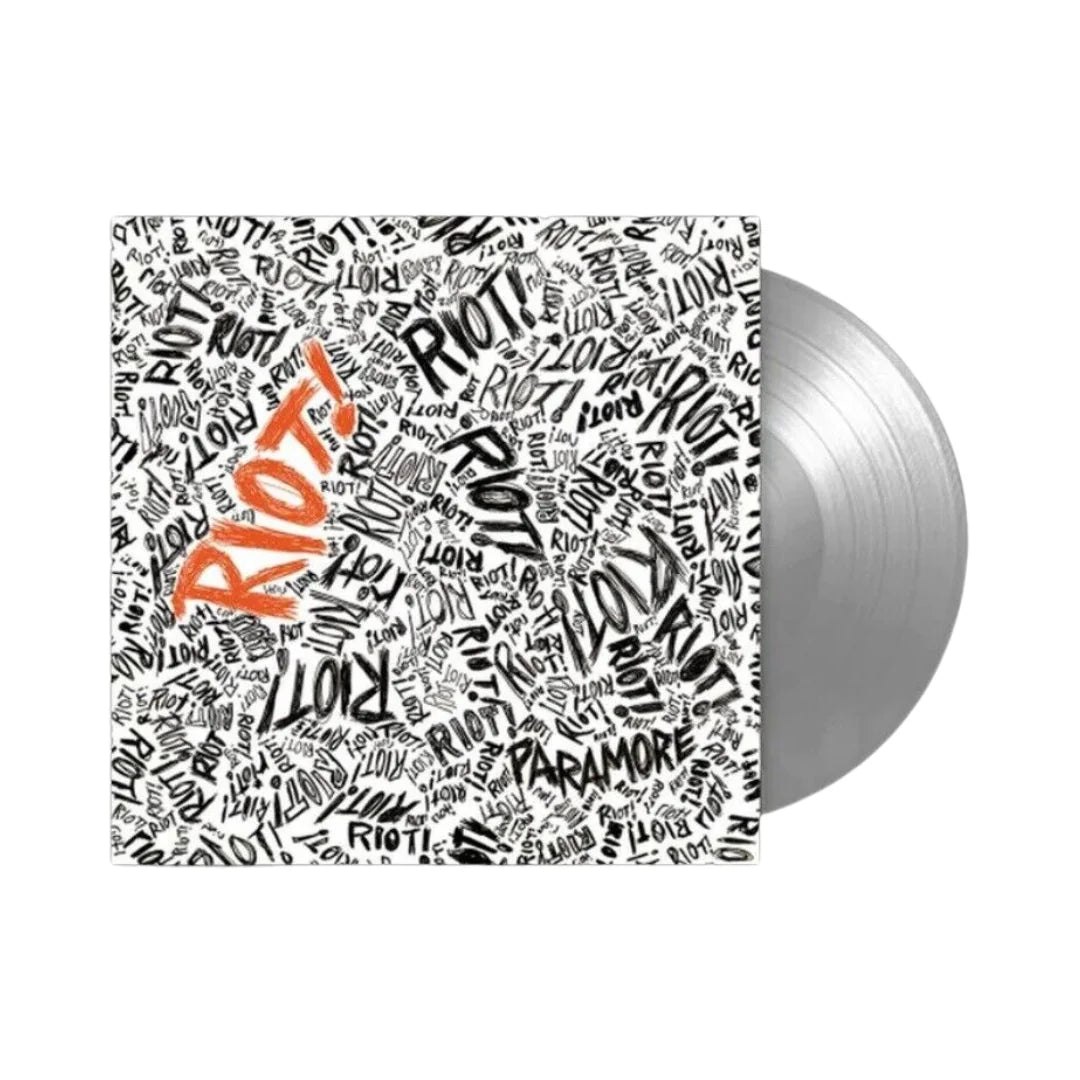
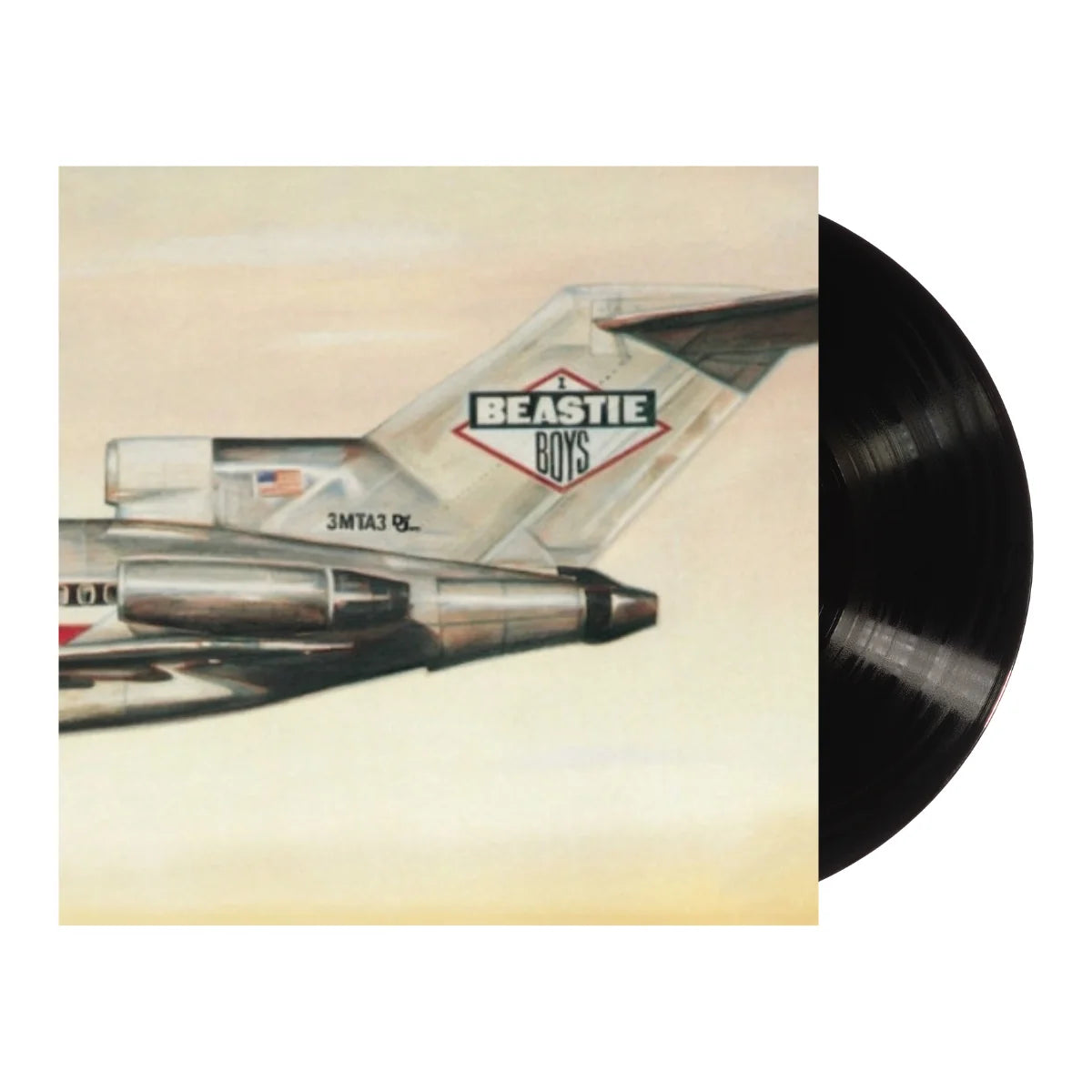
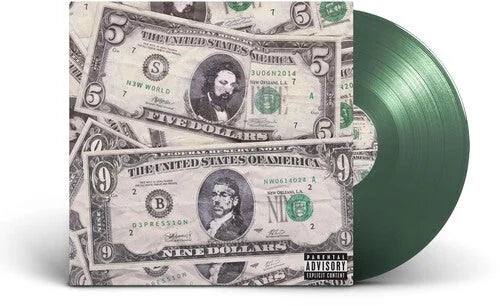
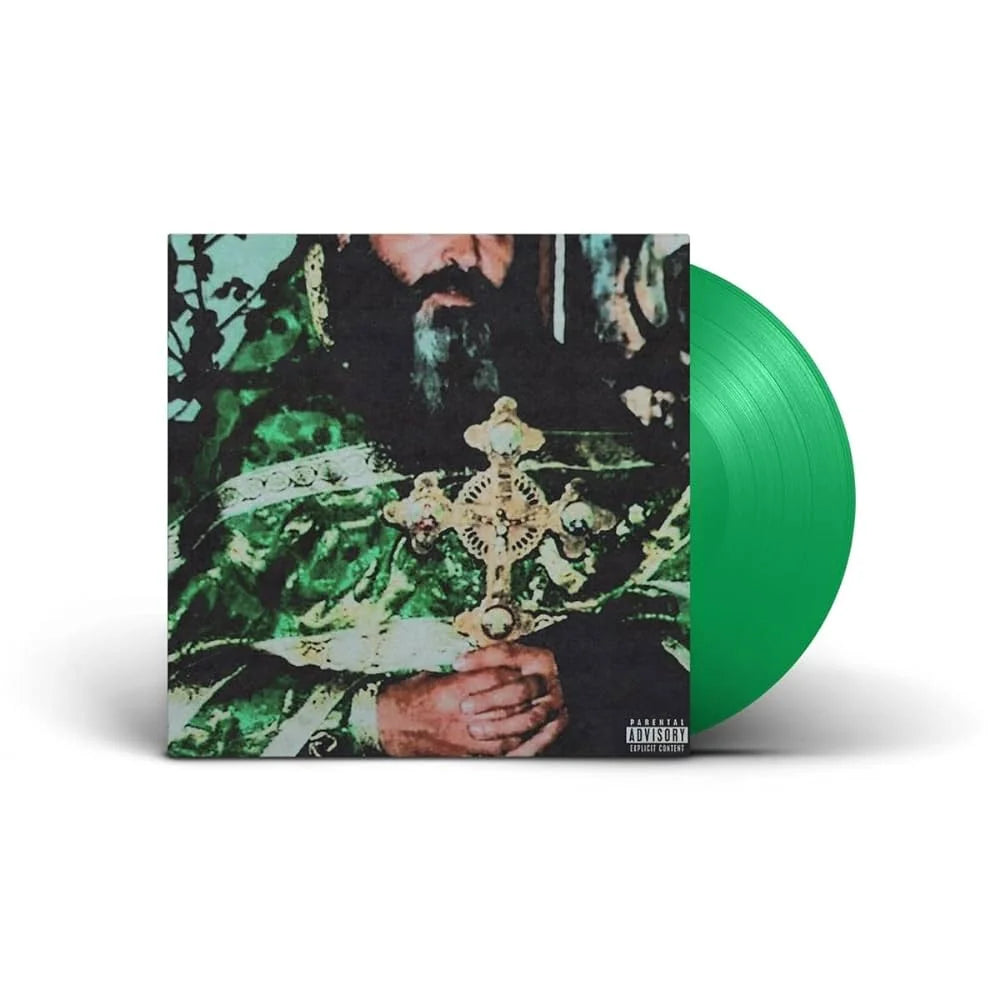
![$Uicideboy$ - Thy Kingdom Come [Clear]](http://vinyl.com/cdn/shop/files/4435583-3407920.jpg?v=1754460746&width=5760)
![(hed) p.e. - New And Improved [Pink]](http://vinyl.com/cdn/shop/files/4425252-3389420.jpg?v=1746578880&width=5760)
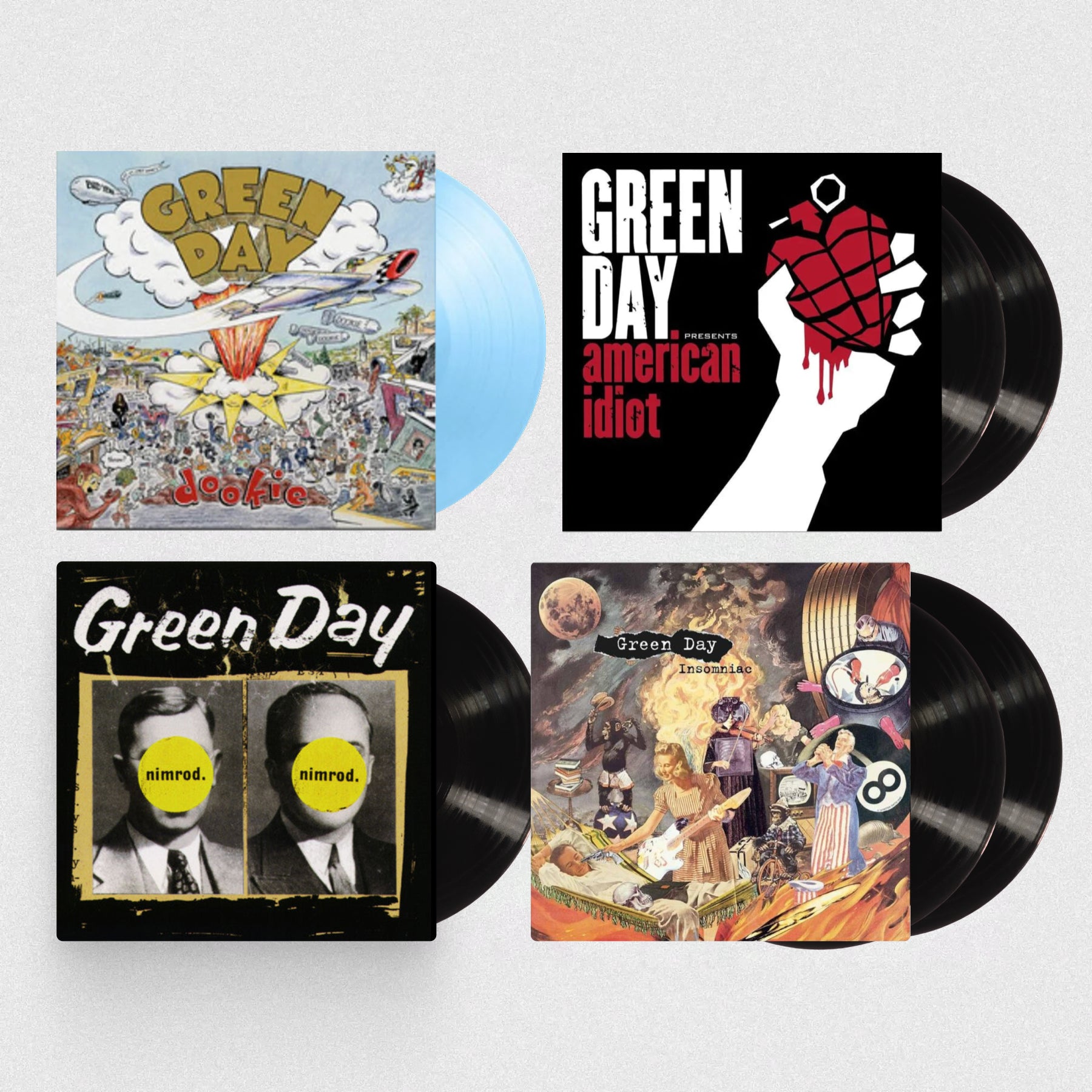
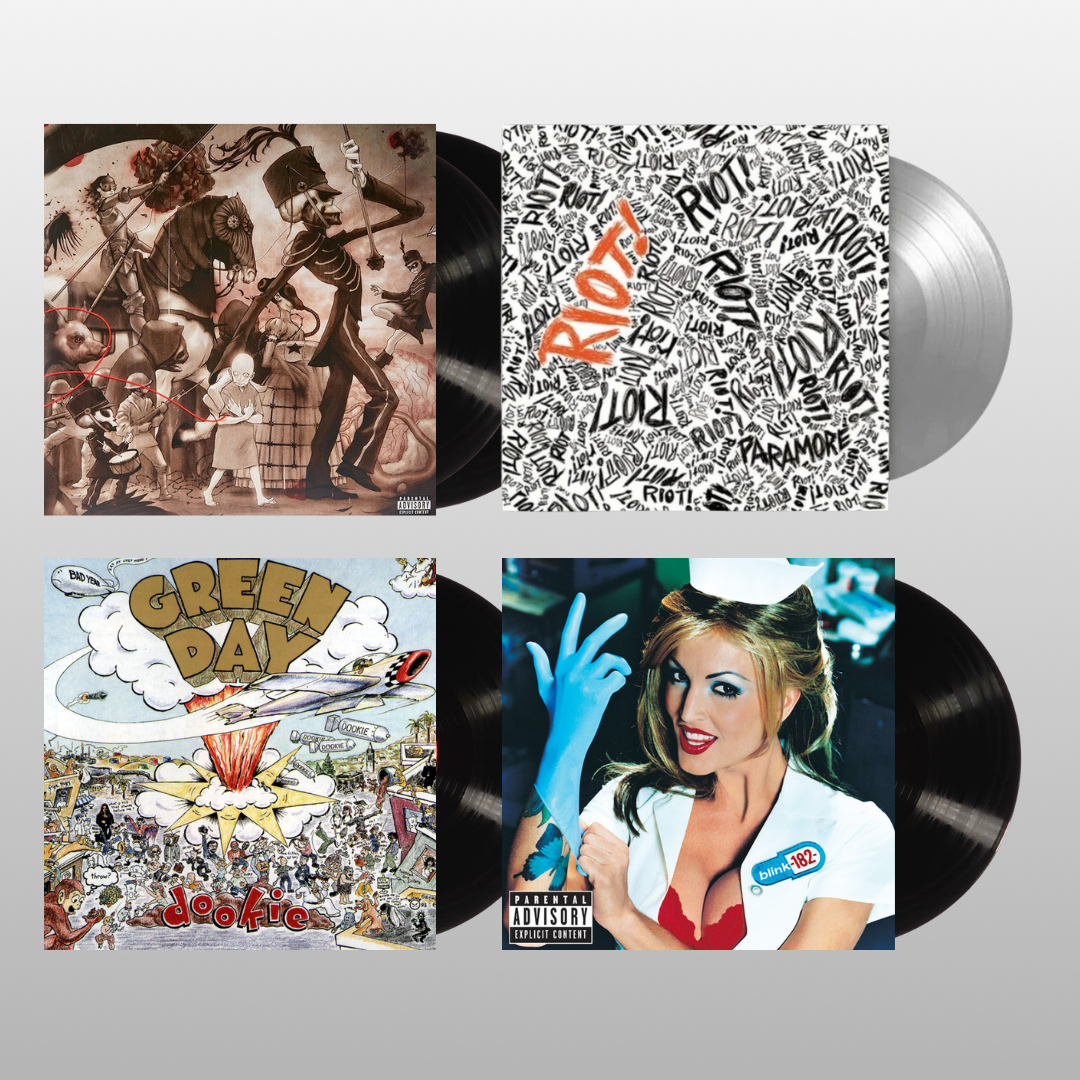
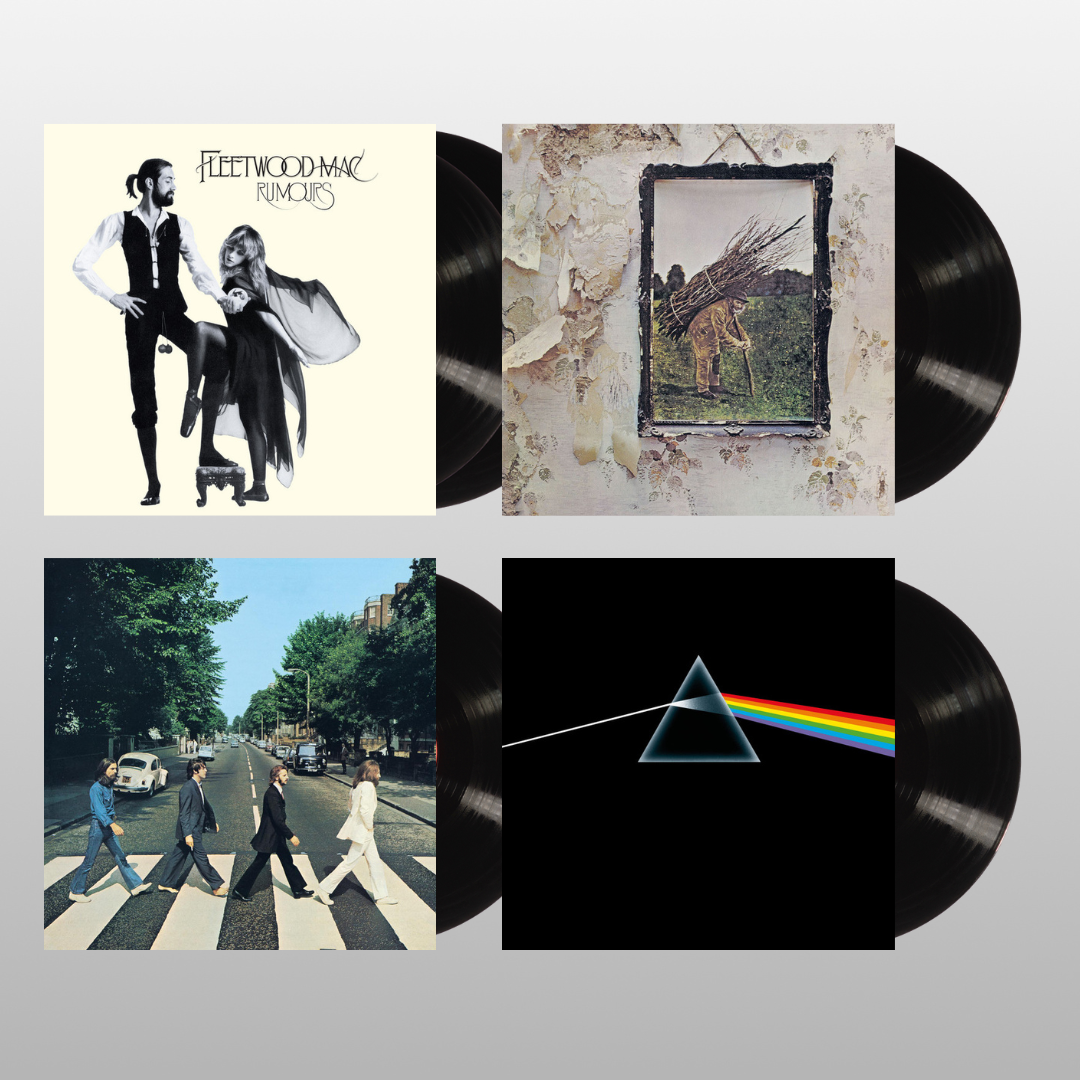
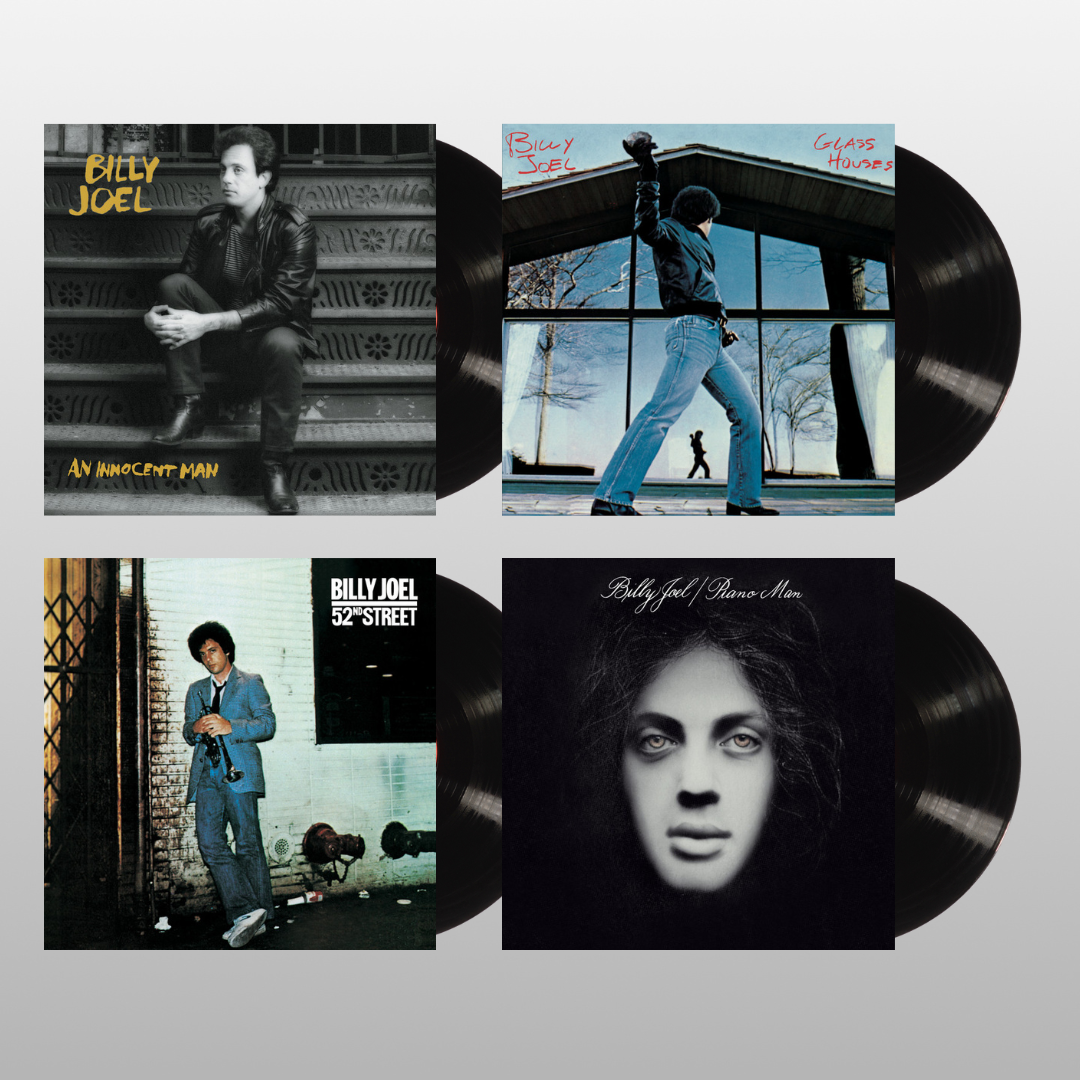
![The Grateful Dead - The Music Never Stopped [6LP Box Set]](http://vinyl.com/cdn/shop/files/The_Grateful_Dead-The_Music_Never_Stopped__6LP_Box_Set.jpg?v=1747729623&width=5760)
![Fleetwood Mac - Fleetwood Mac 1975 To 1987 [Clear 6LP Box Set]](http://vinyl.com/cdn/shop/files/2RHILP81833__61378.jpg?v=1743391443&width=5760)
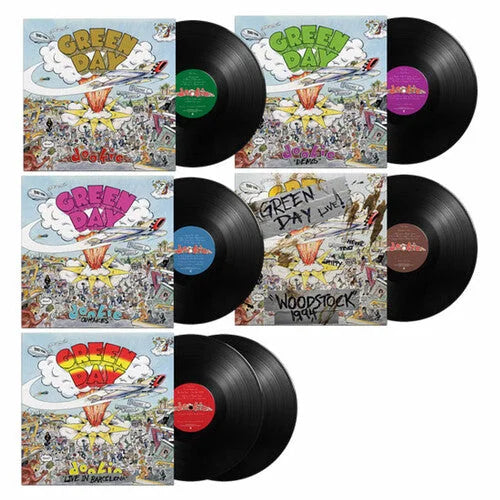
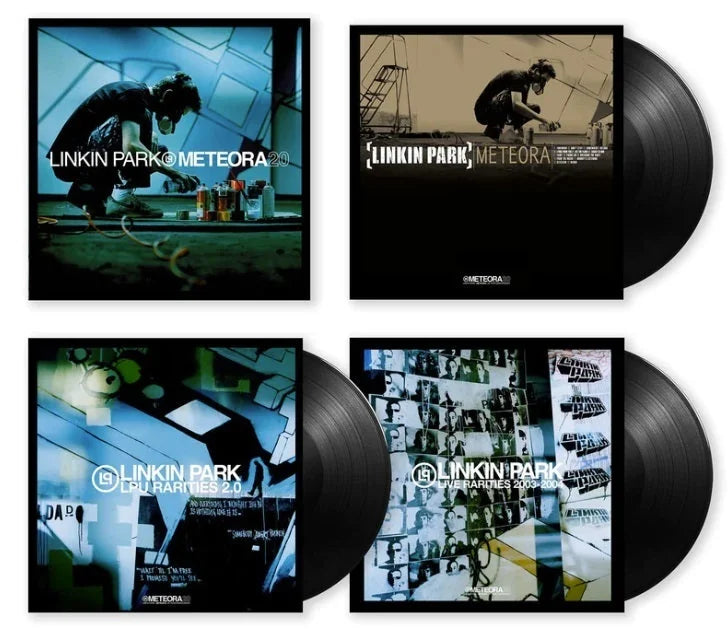
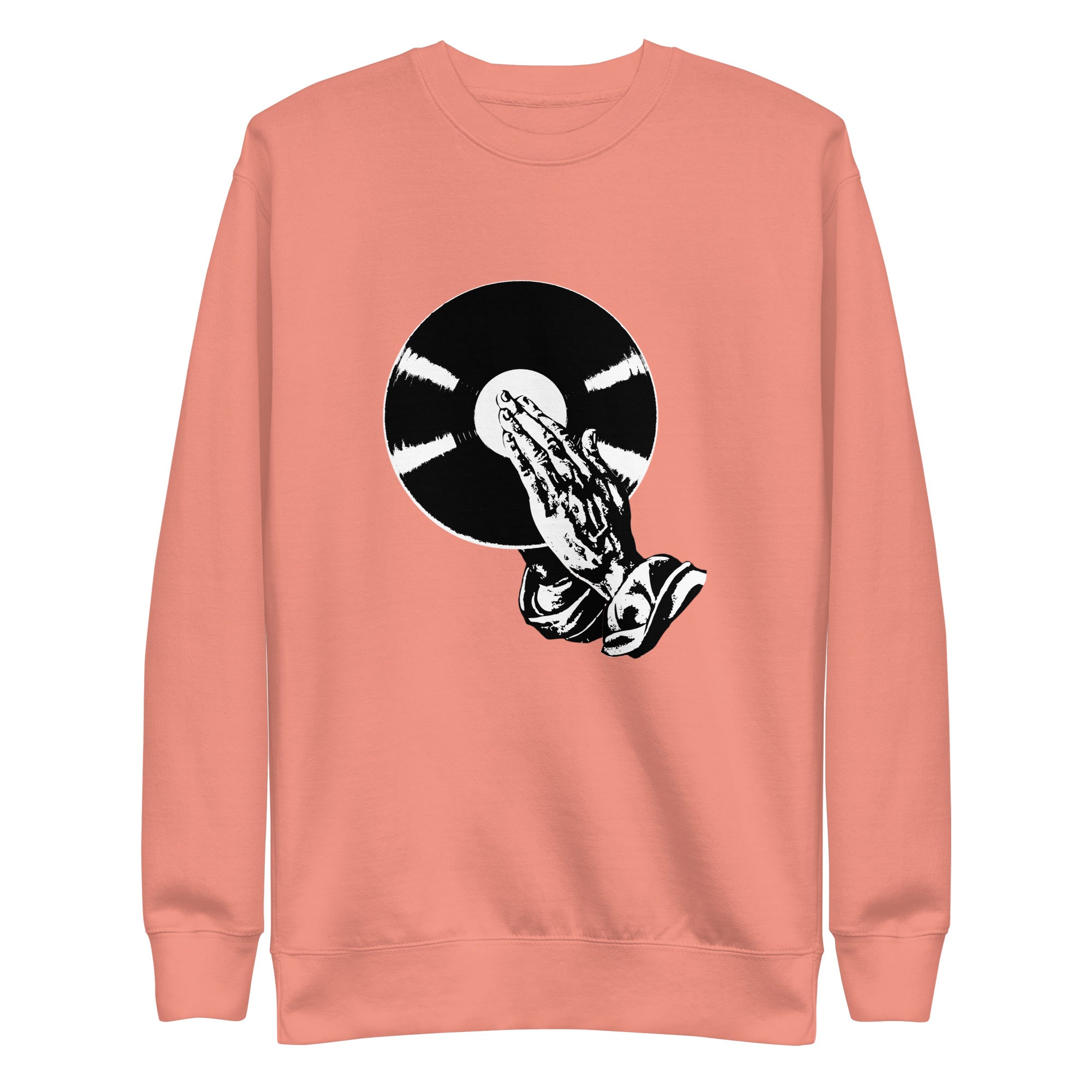
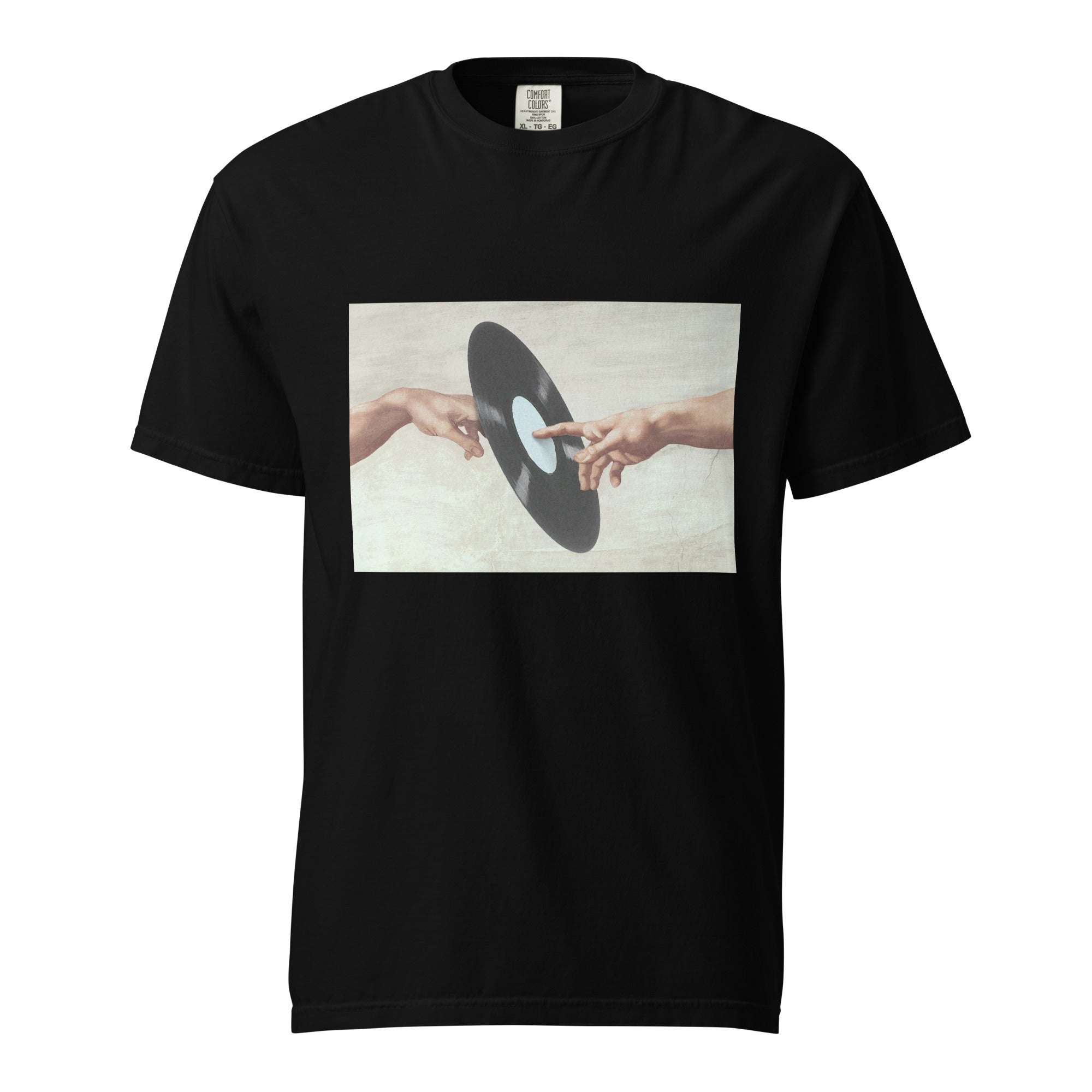
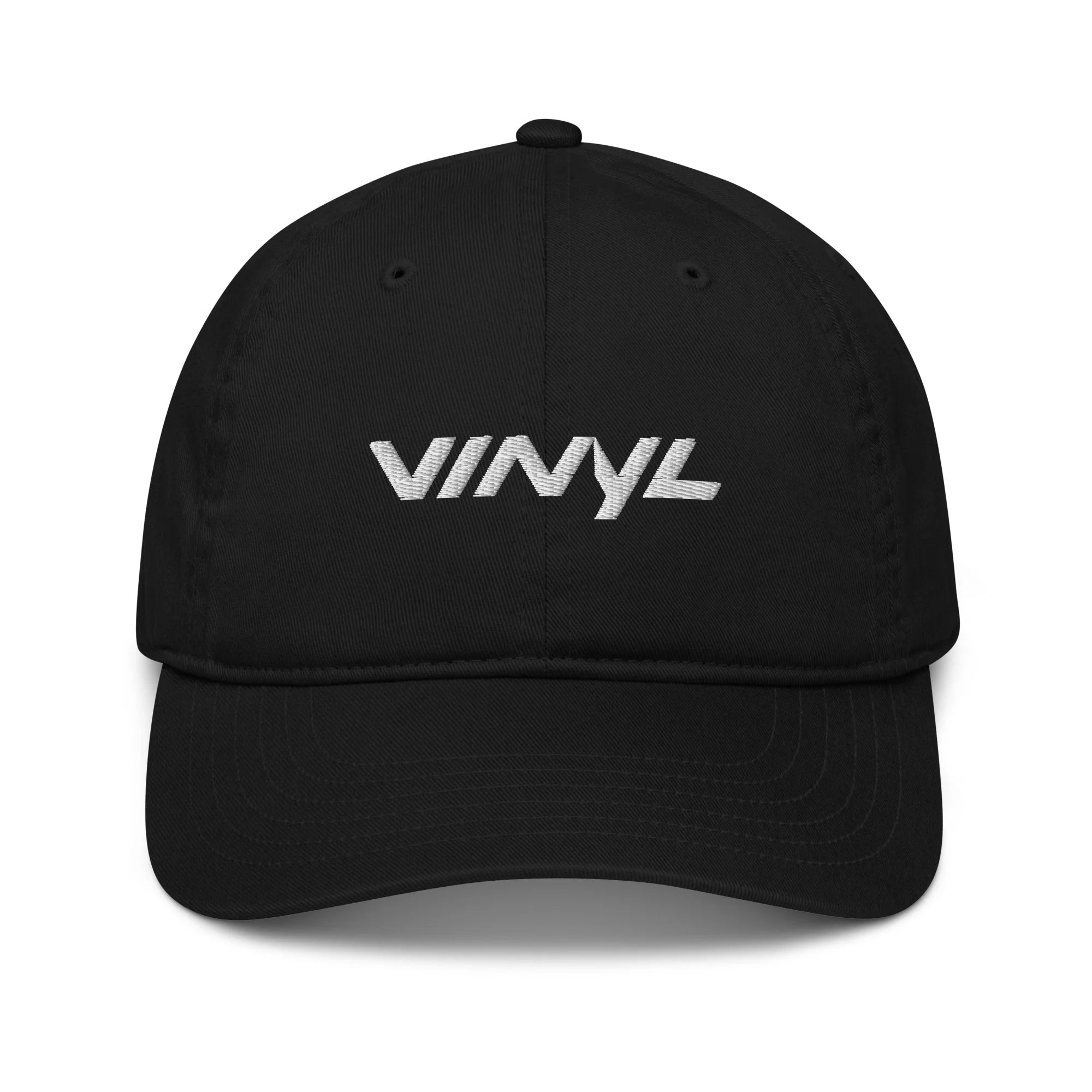
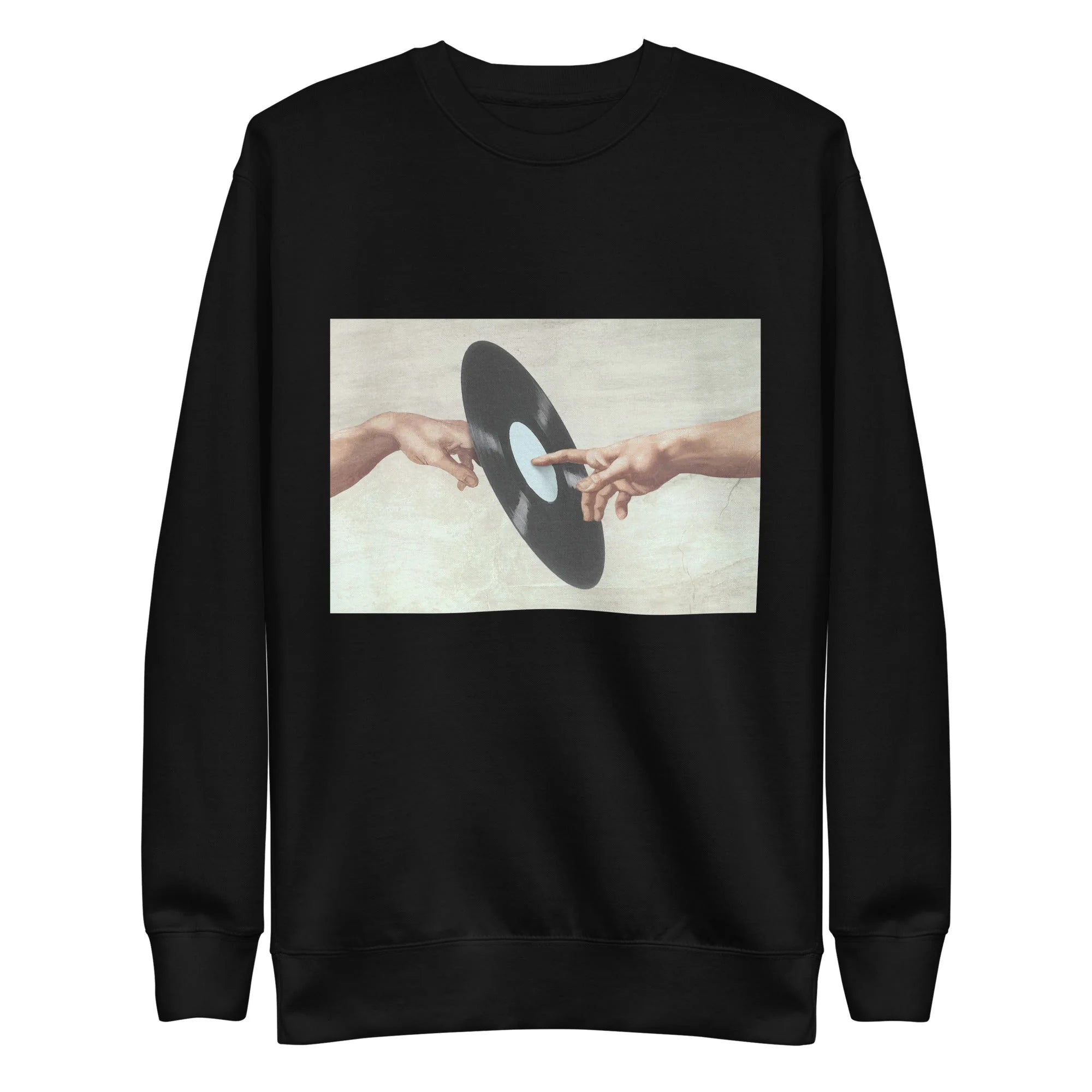
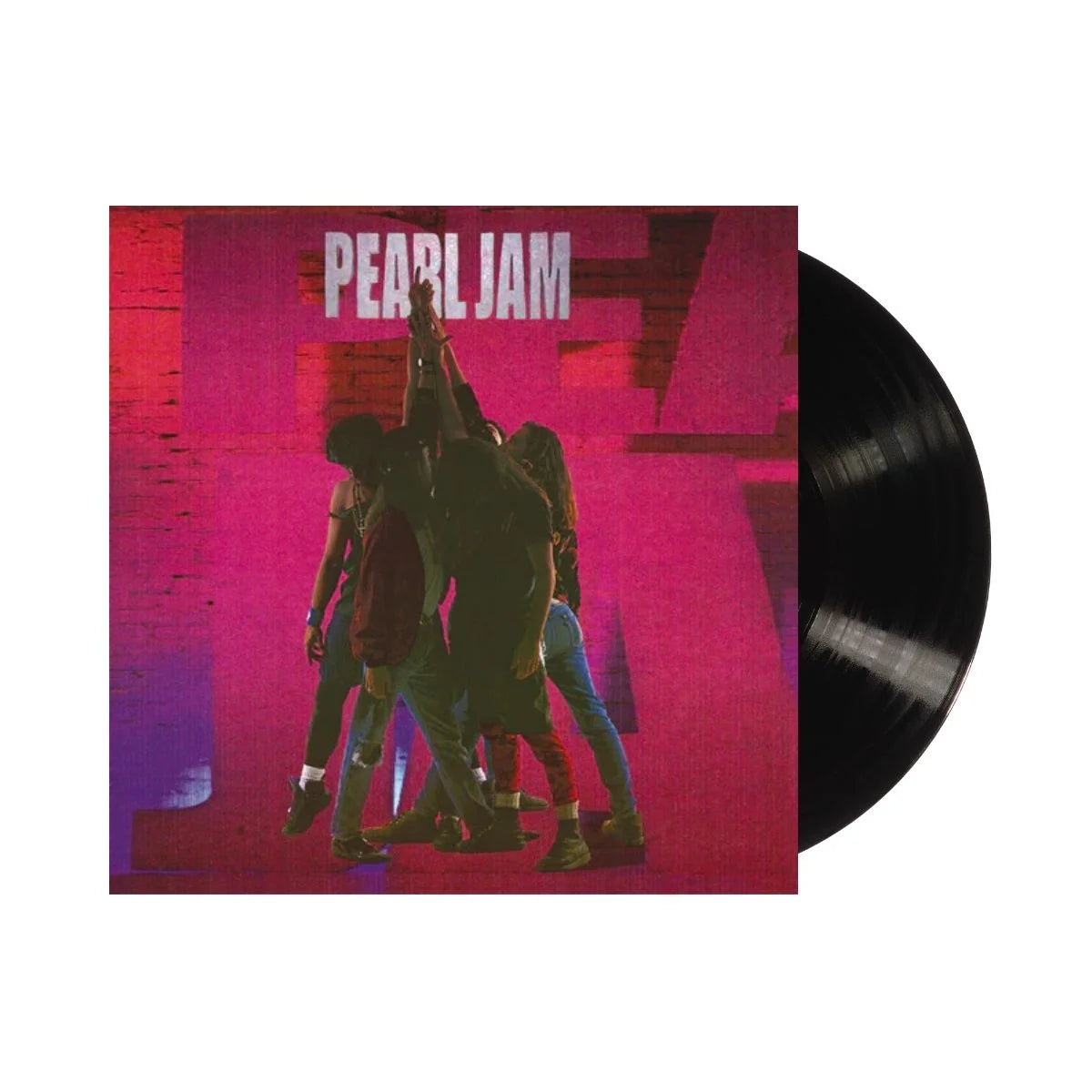
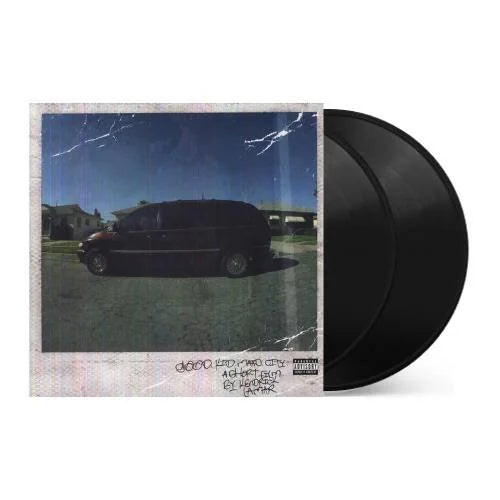
![Taylor Swift - 1989 (Taylor's Version) [2LP Crystal Skies Blue]](http://vinyl.com/cdn/shop/files/taylor_swift_1989_taylors_version.jpg?v=1734389117&width=5760)
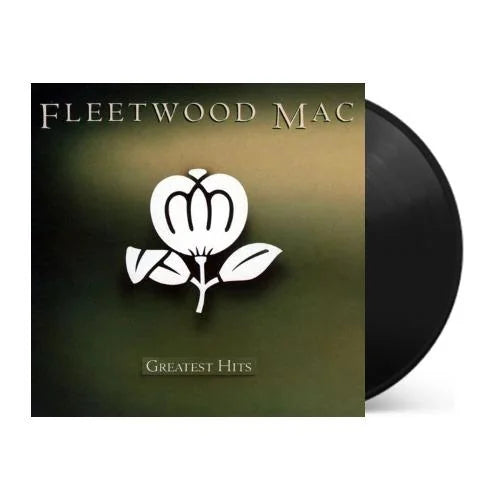
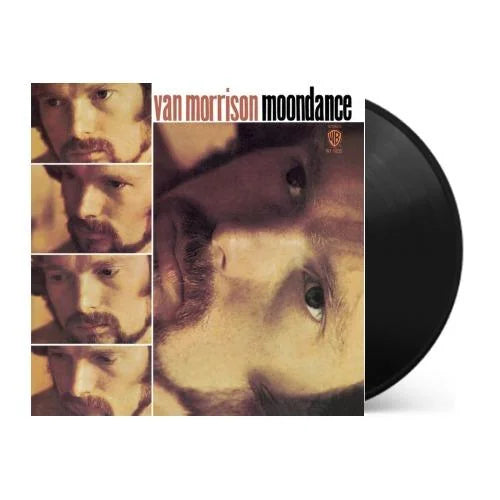
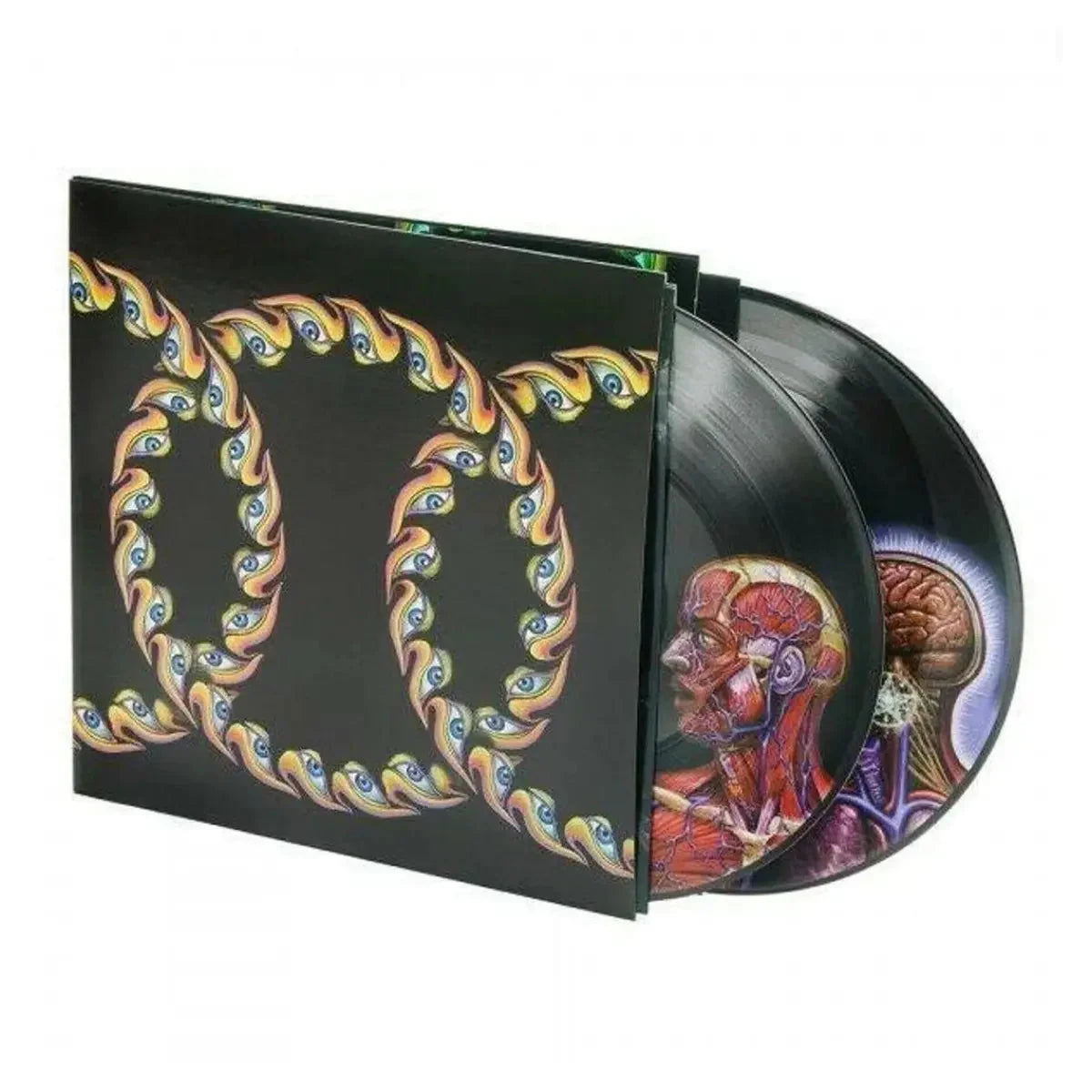
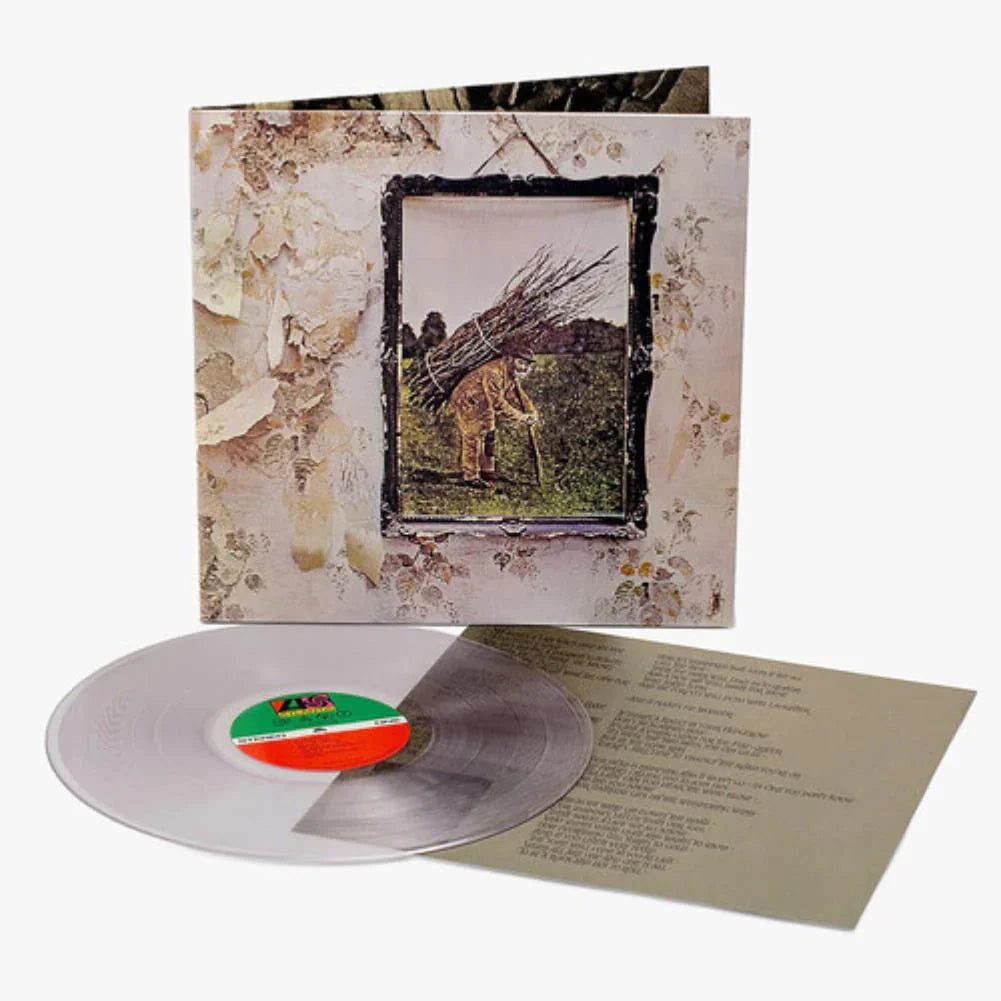
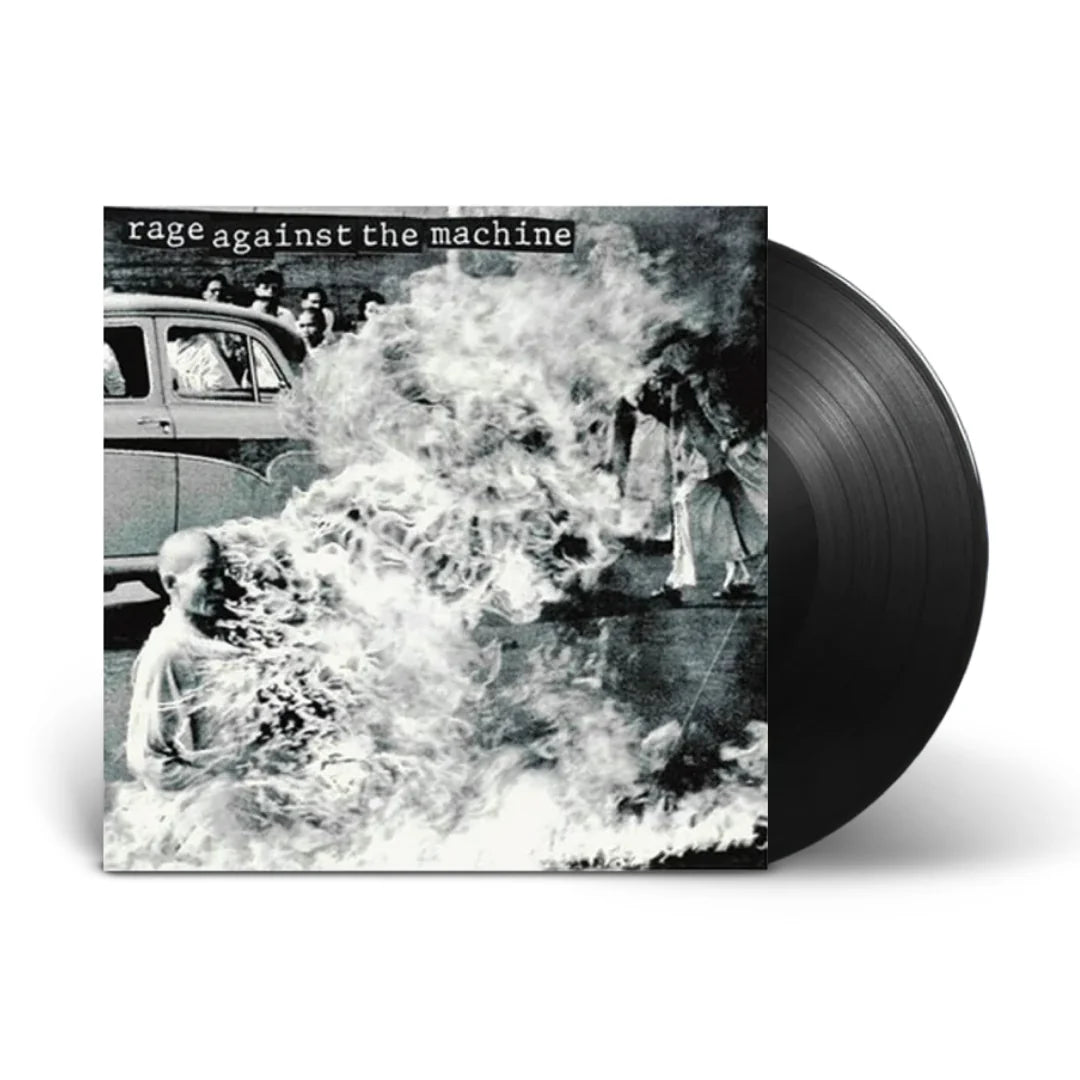
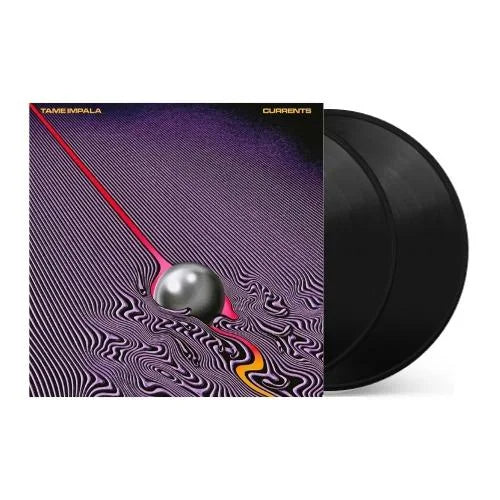
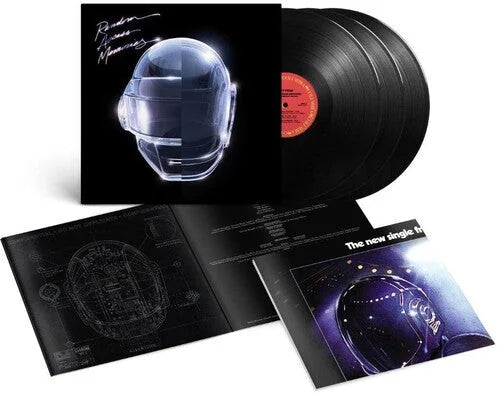
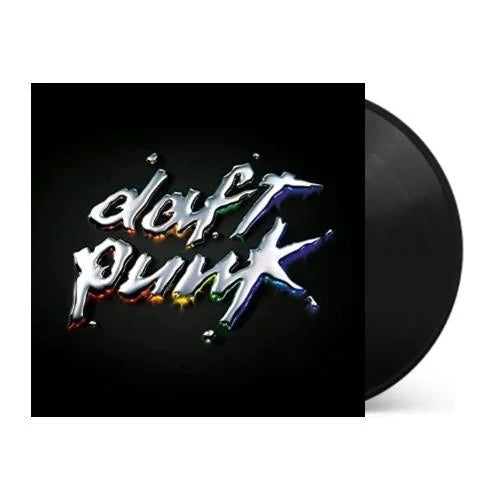
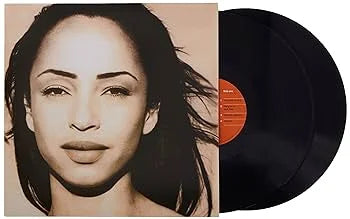
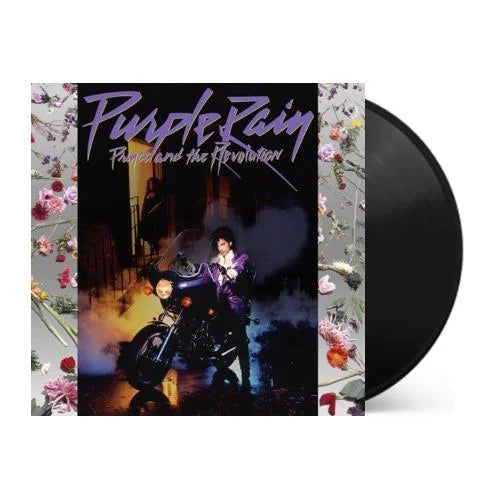
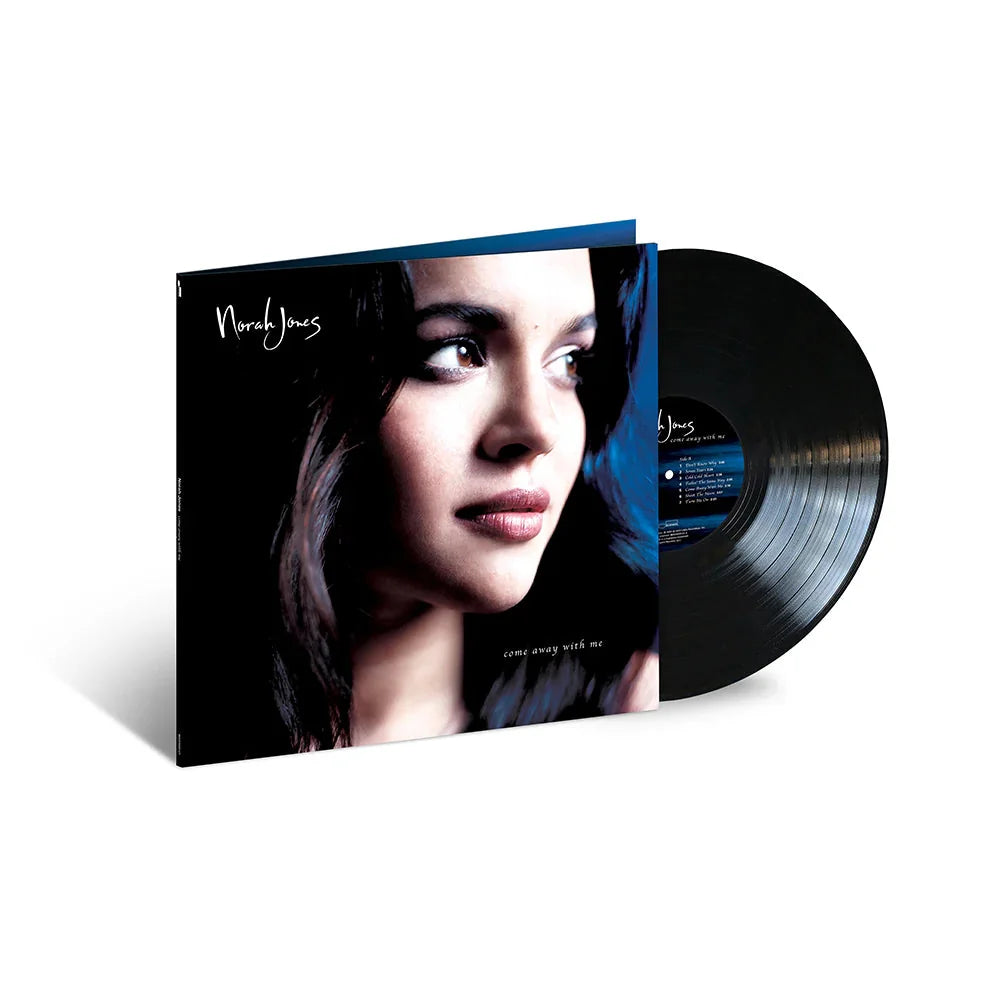
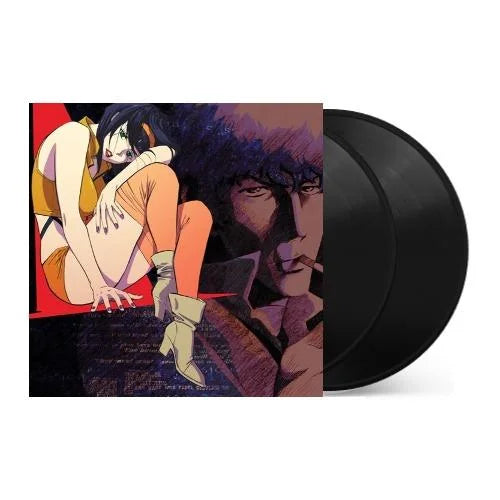
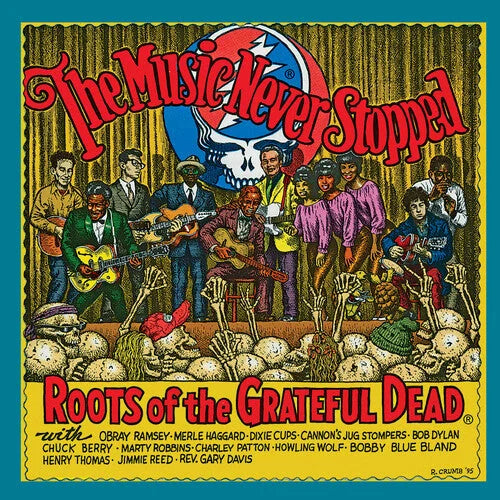
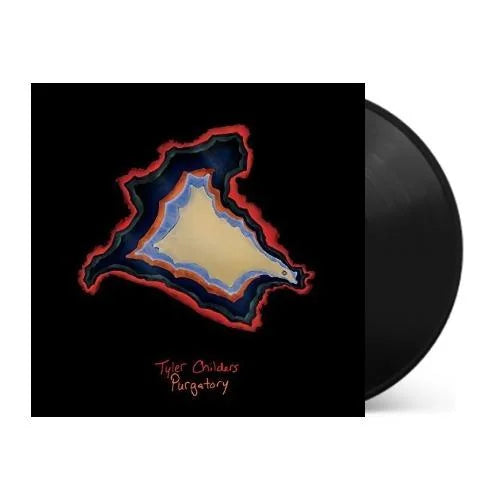
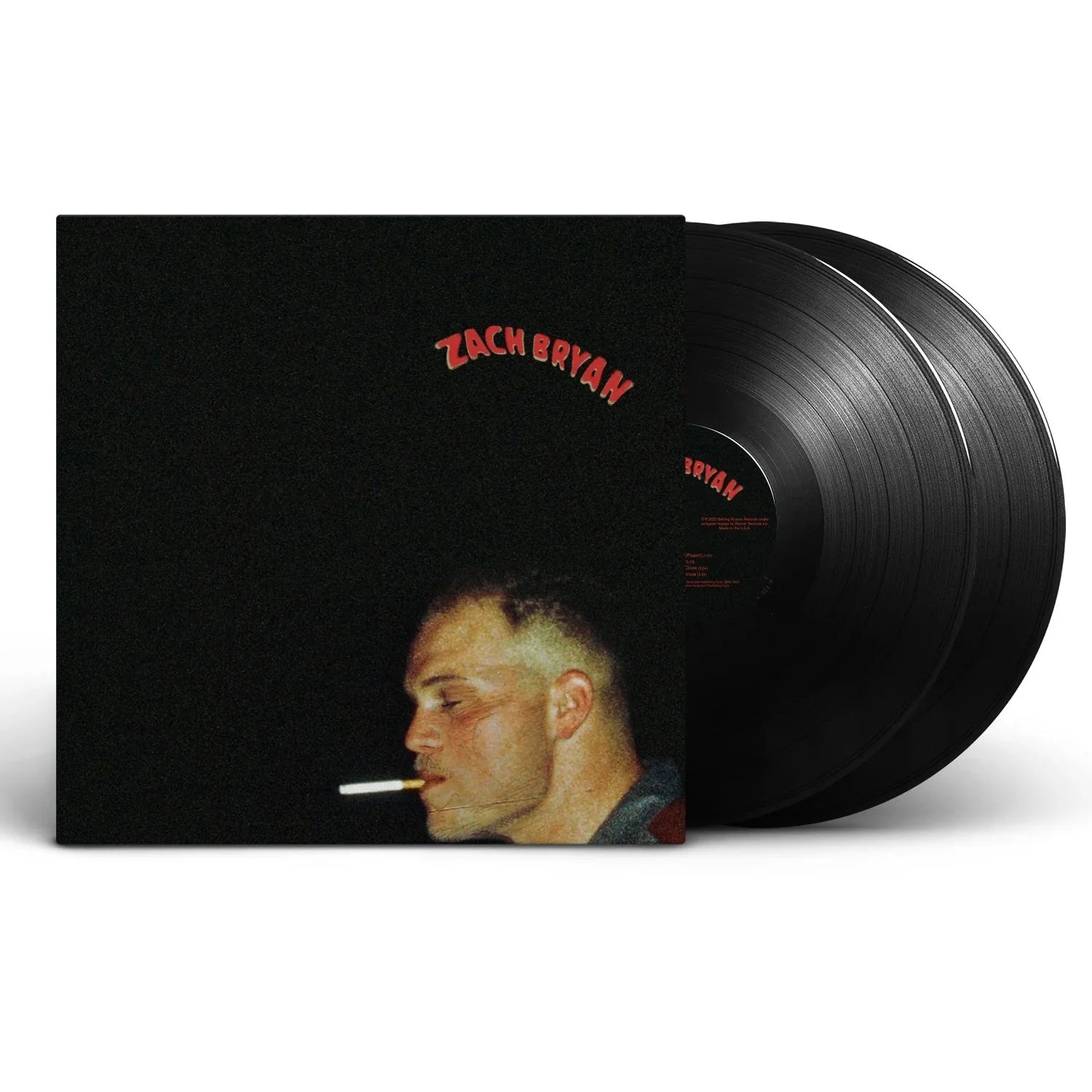
![Grace Jones - Nightclubbing [Gold]](http://vinyl.com/cdn/shop/files/4407705-3329230.jpg?v=1742429522&width=5760)

![Debbie Harry - KooKoo [2LP Clear]](http://vinyl.com/cdn/shop/files/4025259-2960387.jpg?v=1682465873&width=5760)
![Miles Davis - Kind of Blue [180-gram]](http://vinyl.com/cdn/shop/files/Y4LPMD03.webp?v=1742198237&width=5760)
